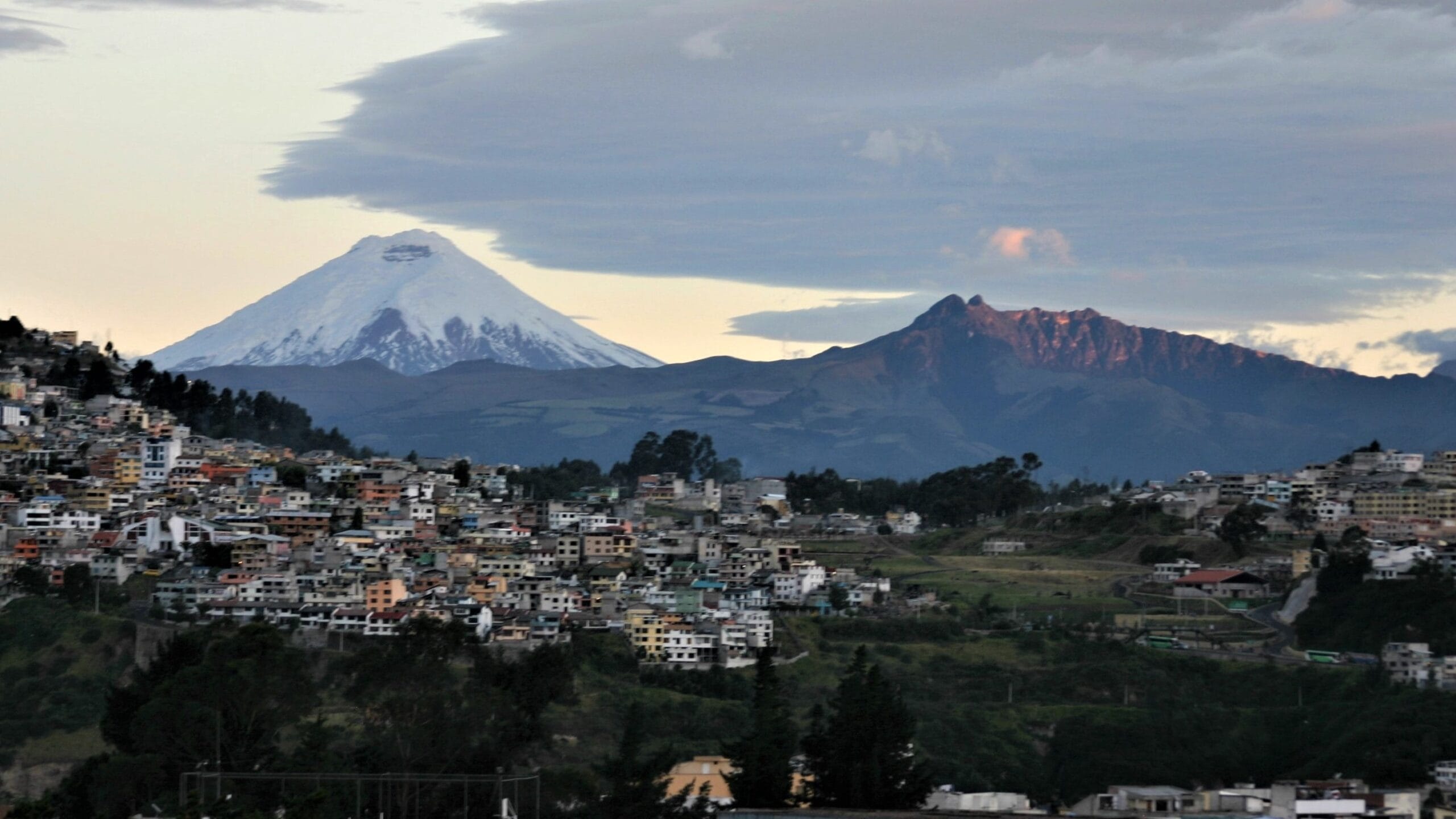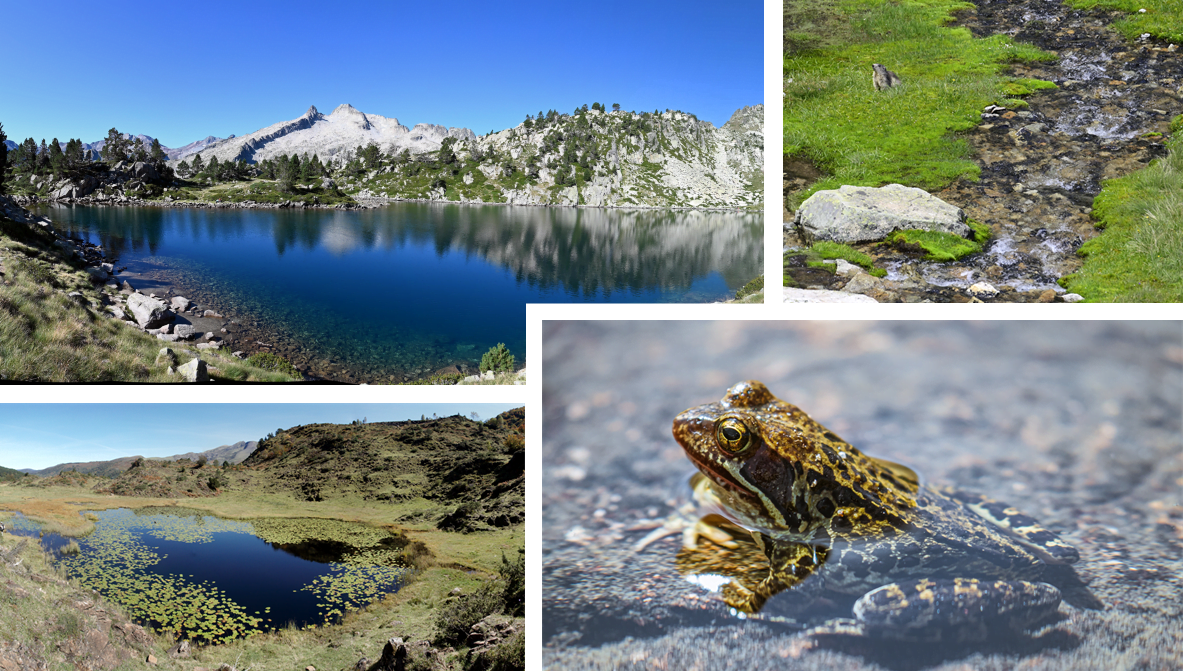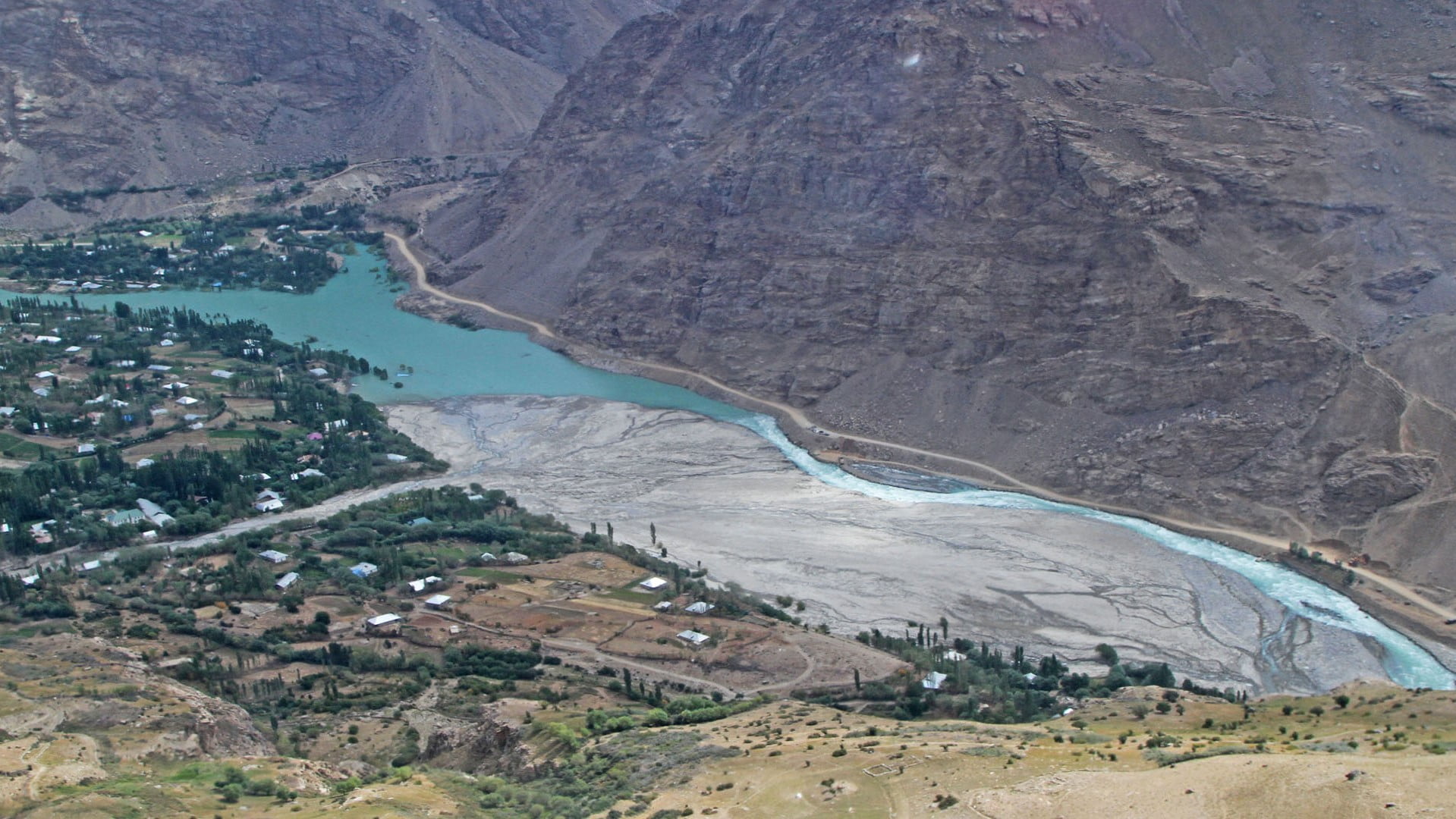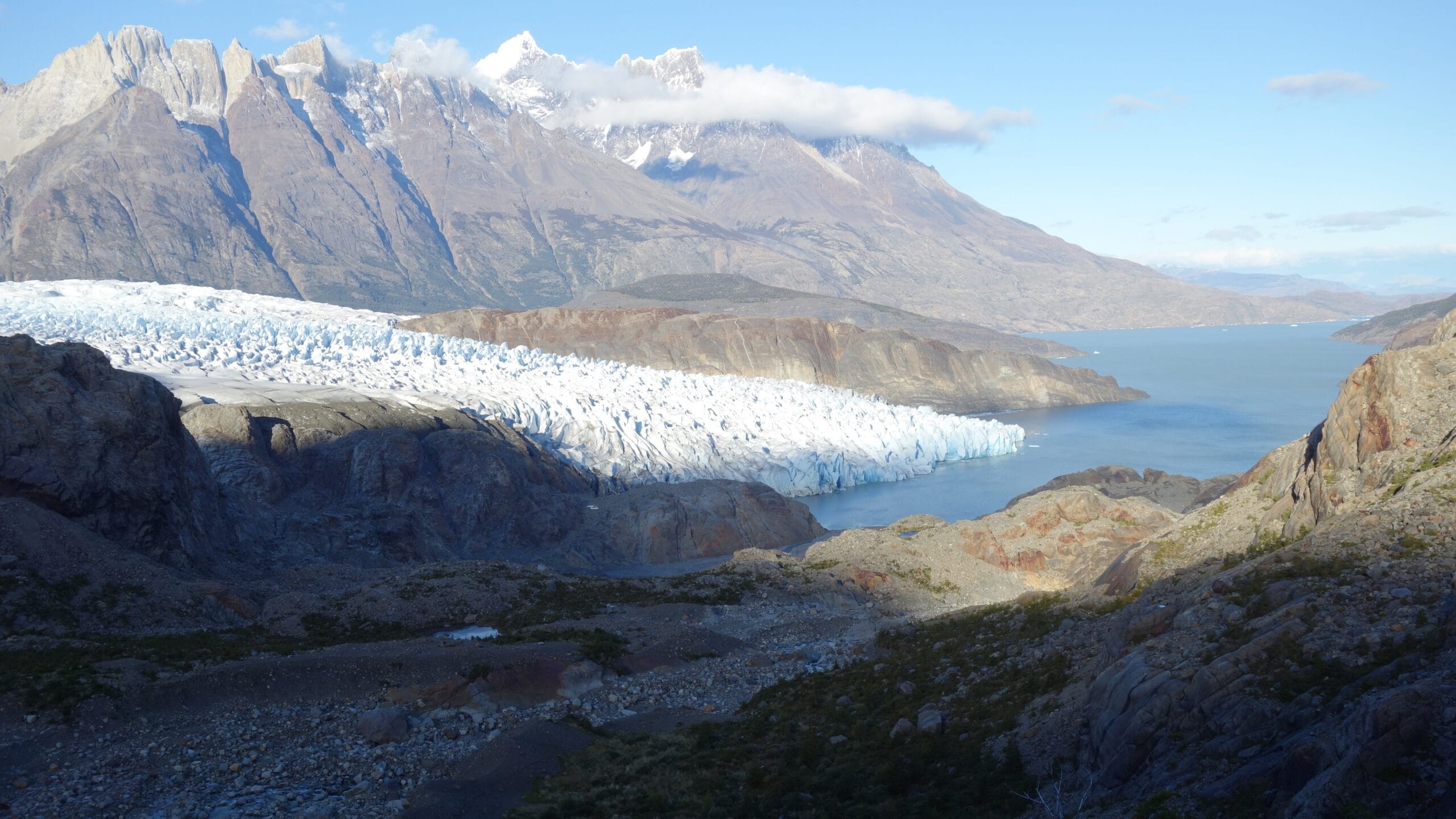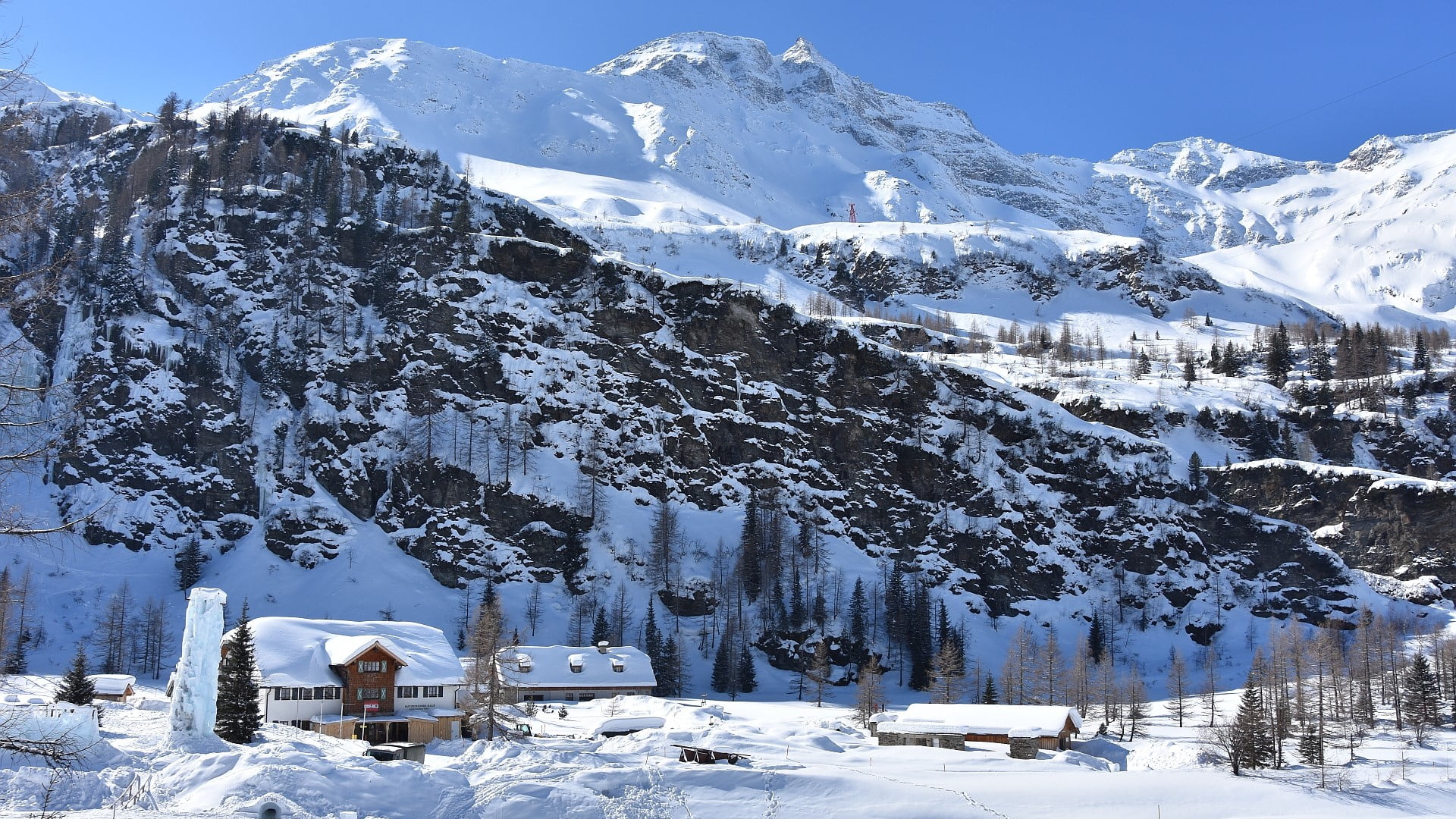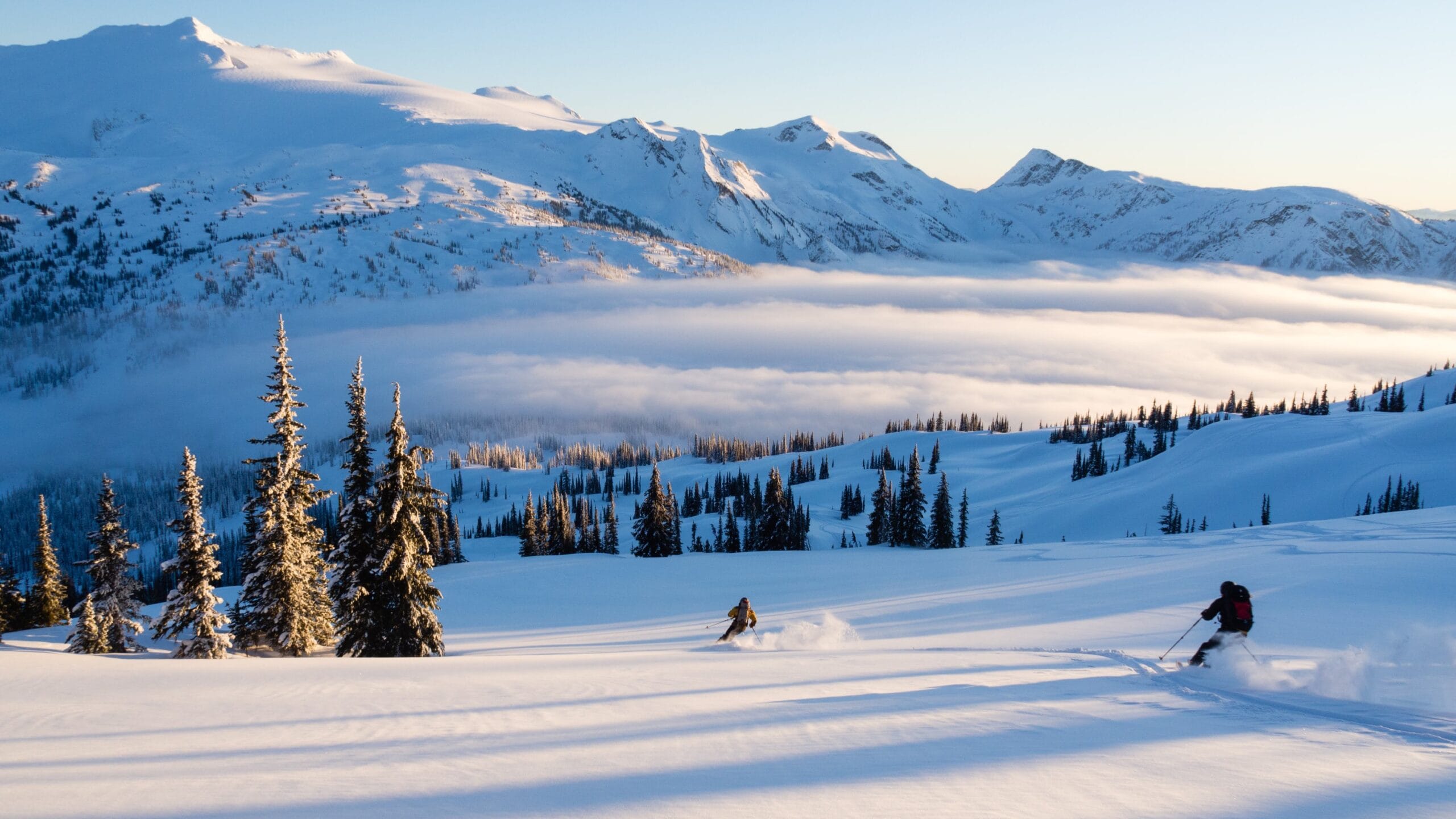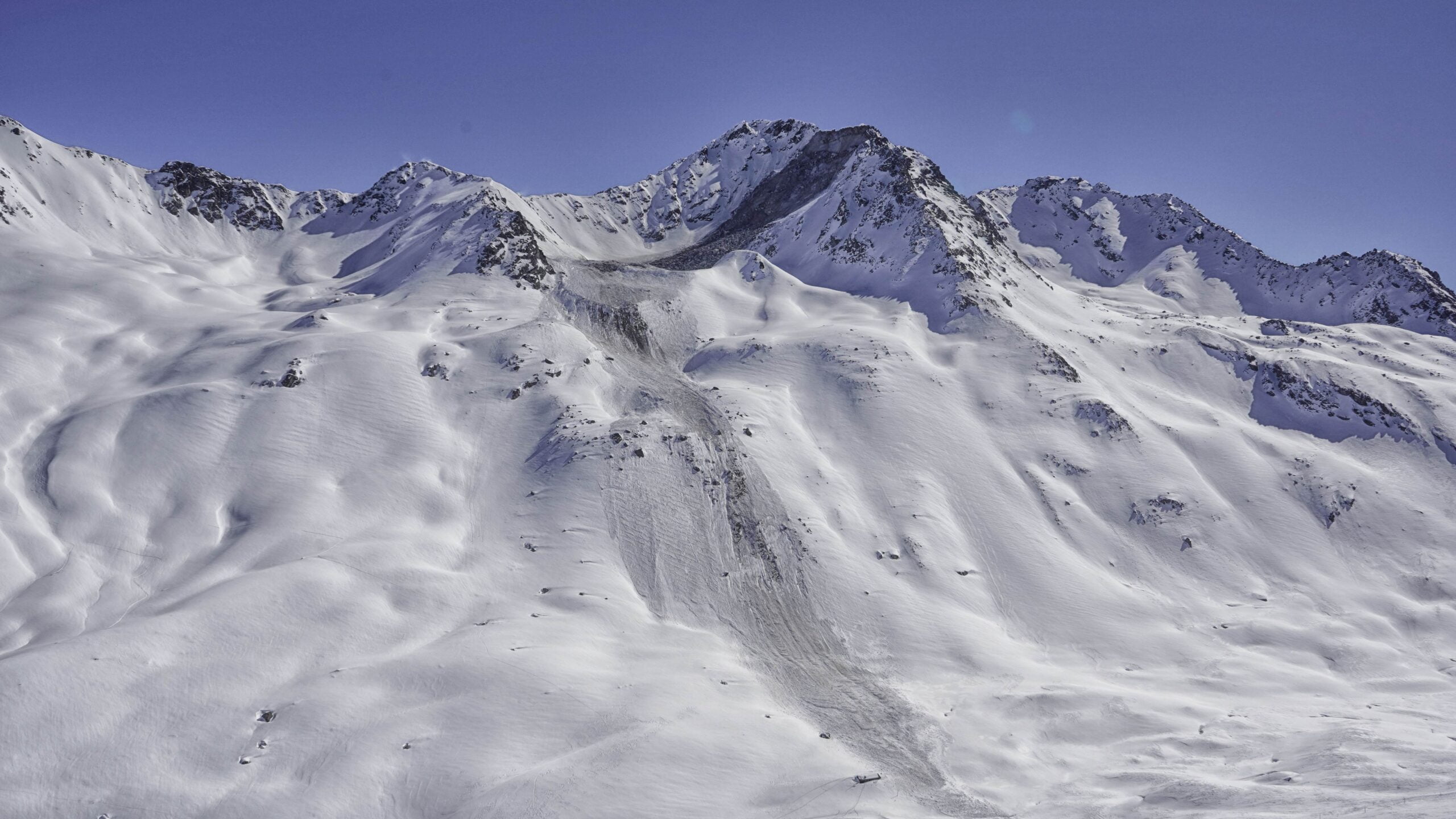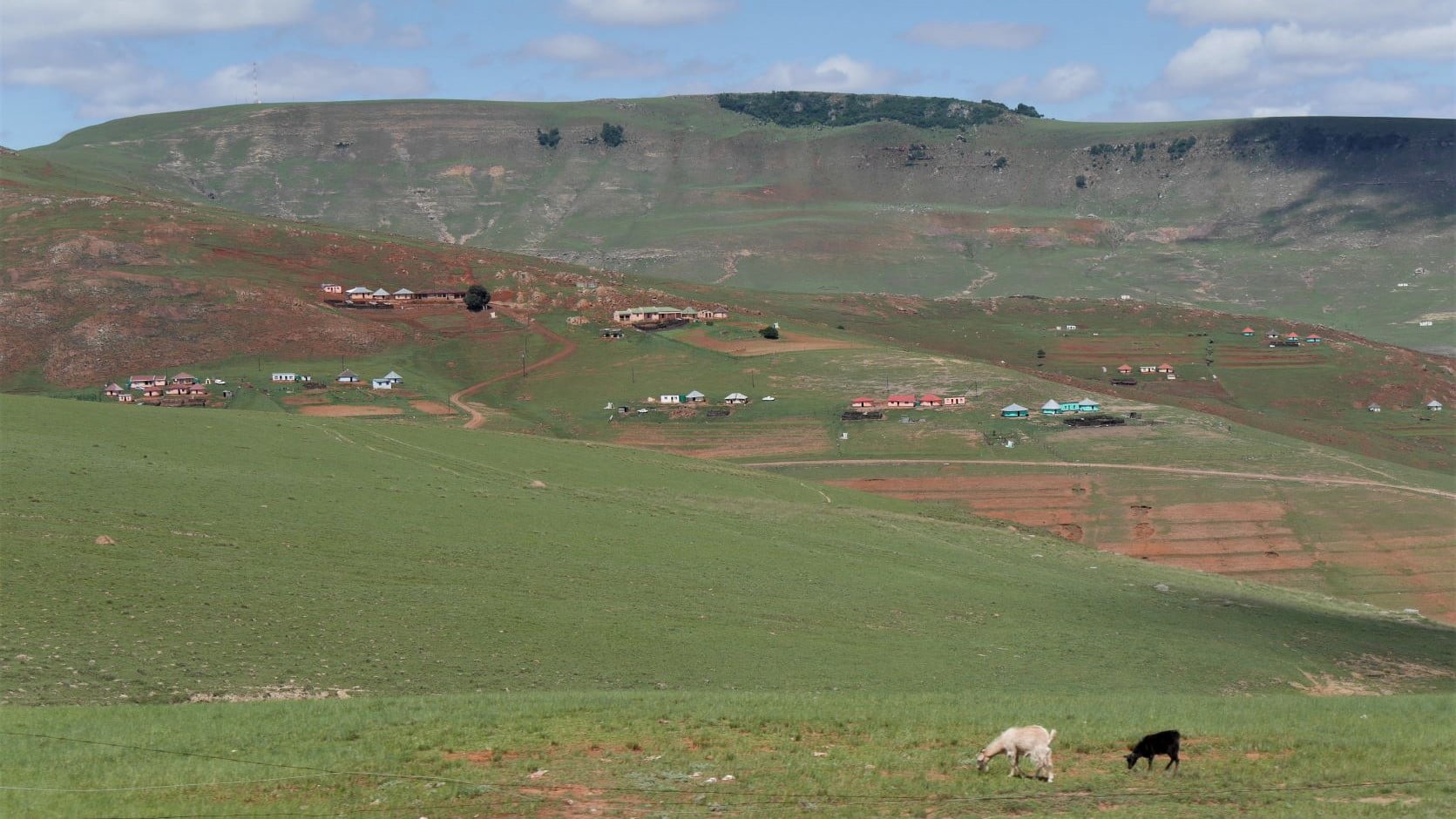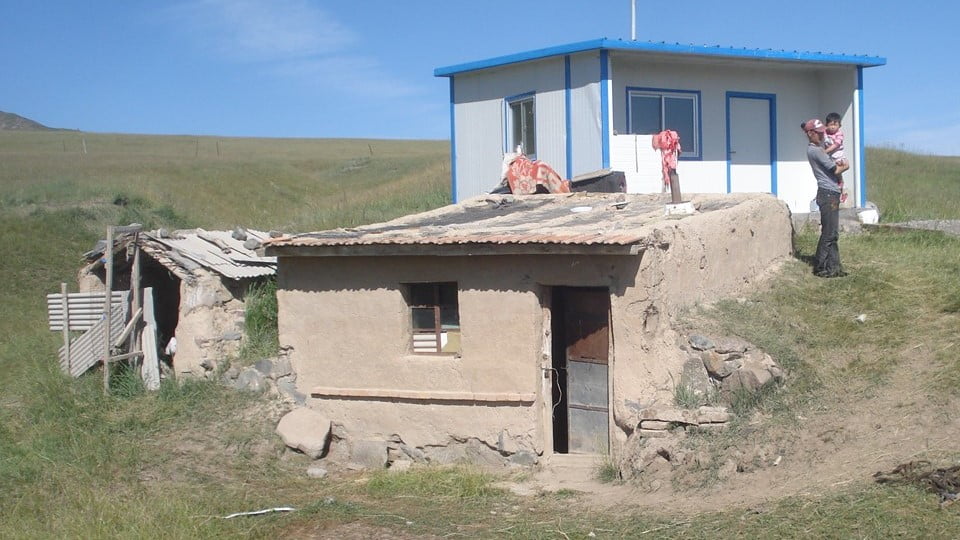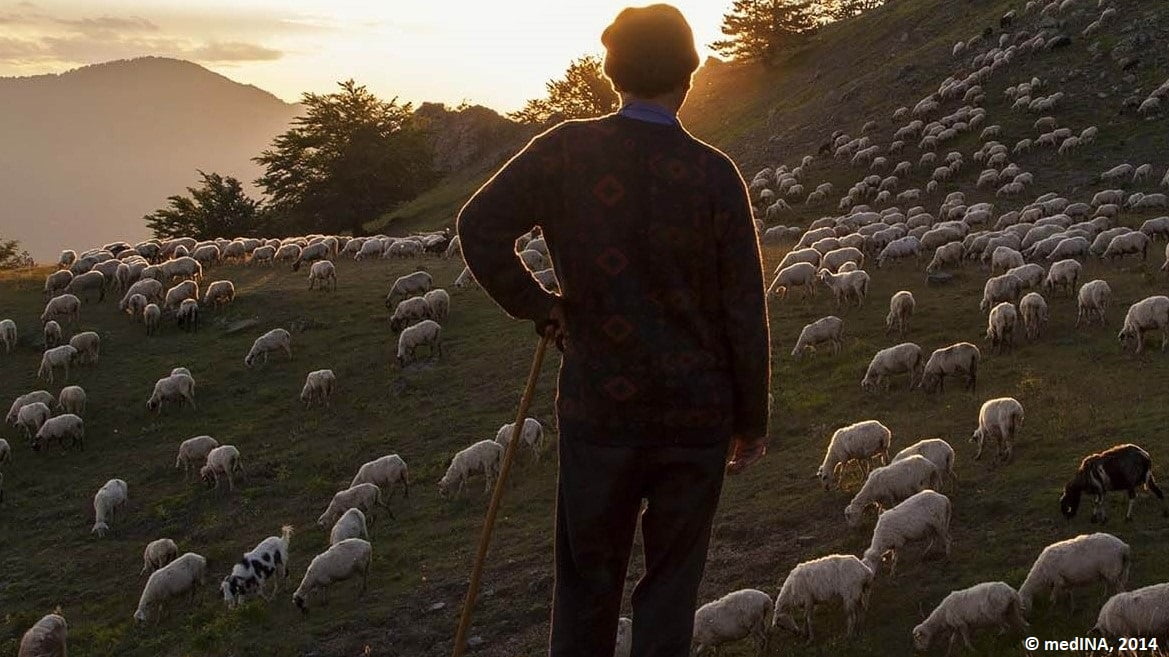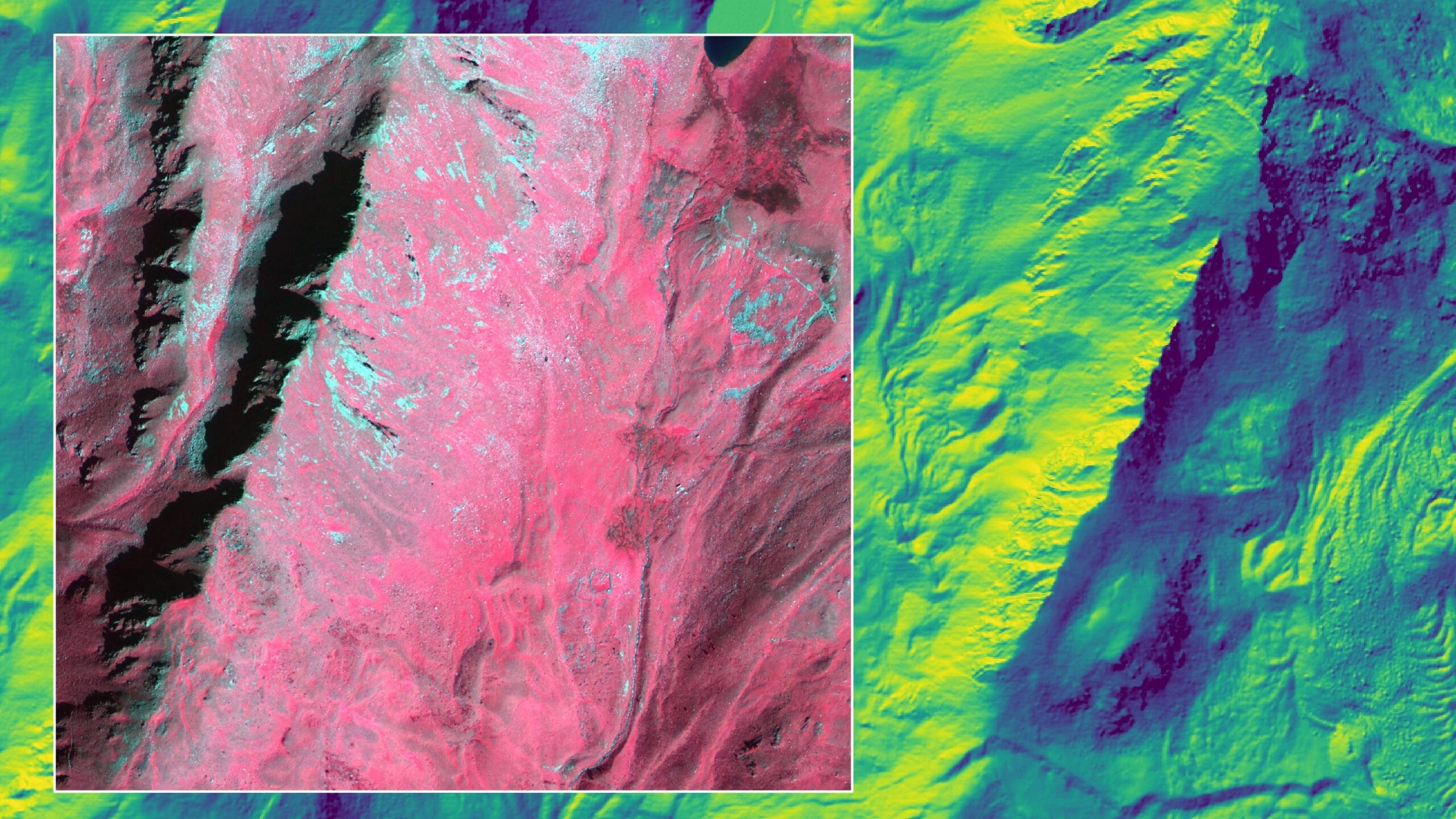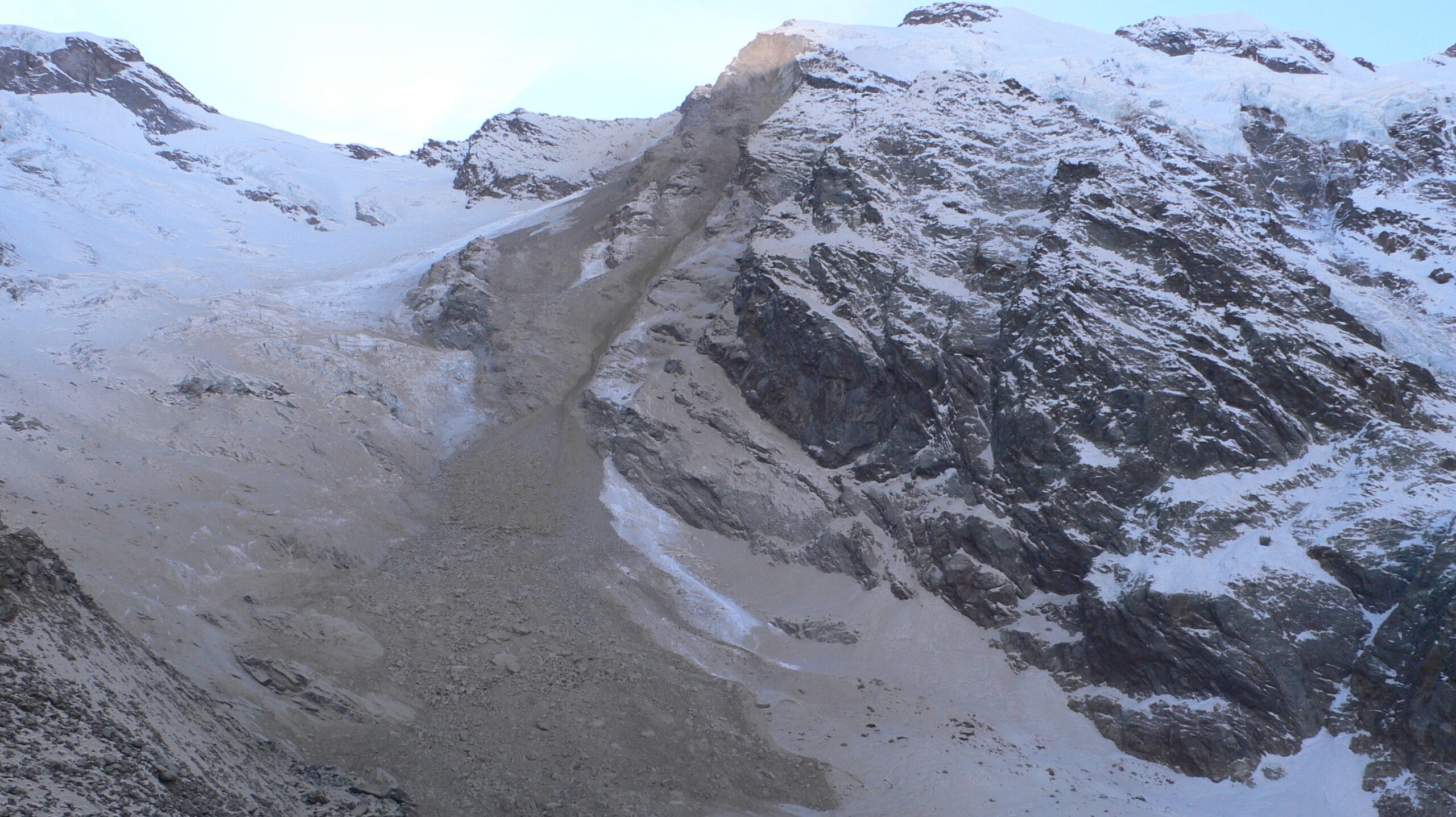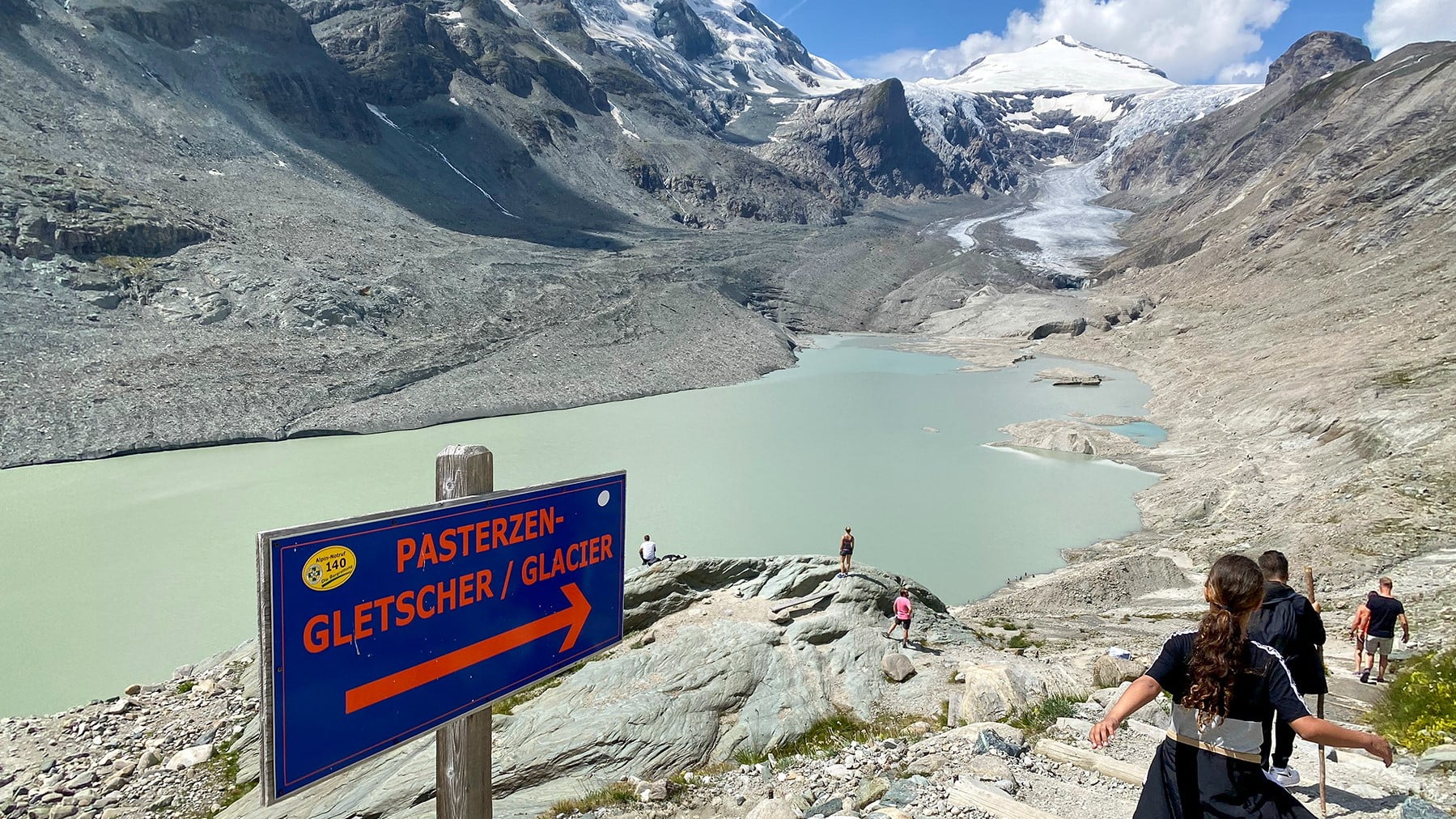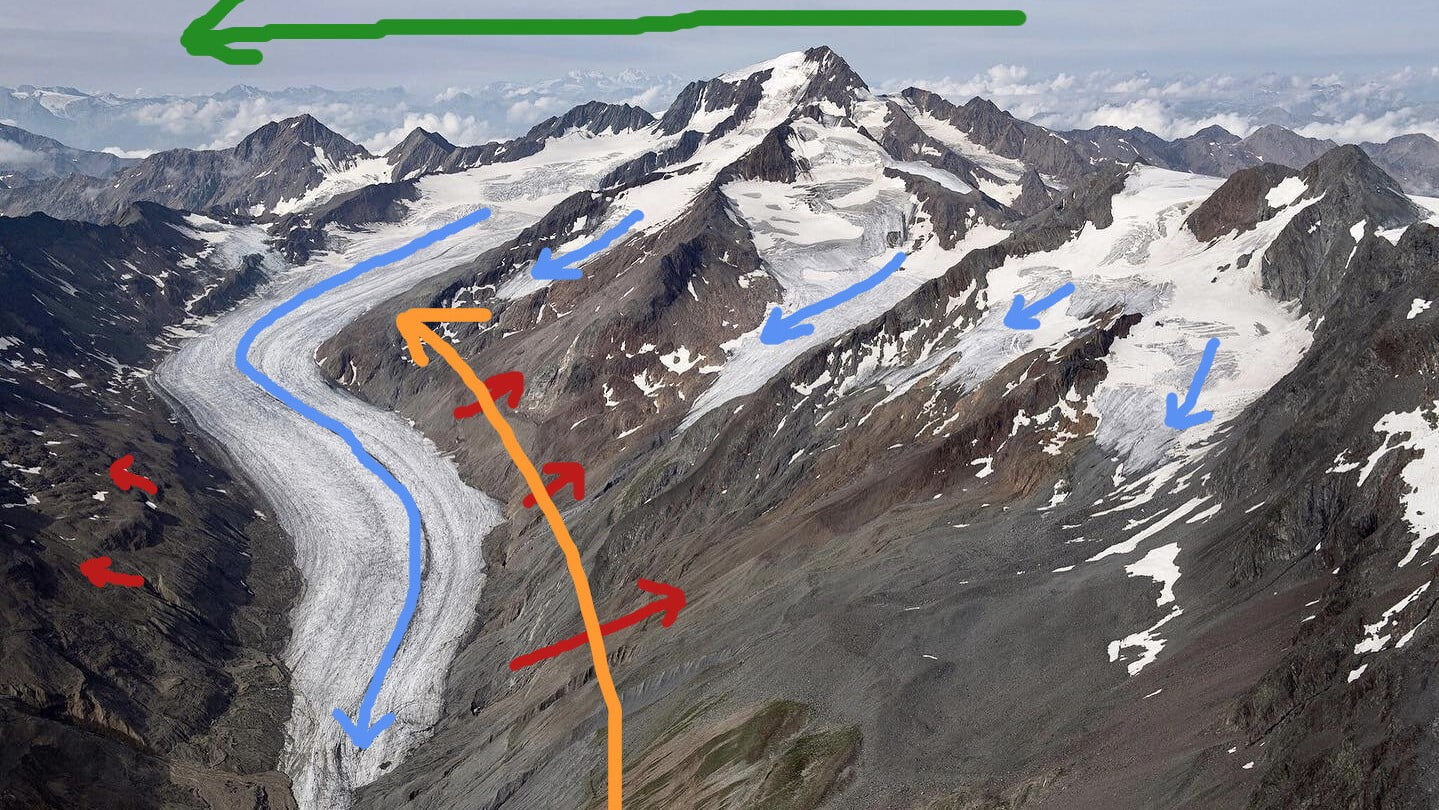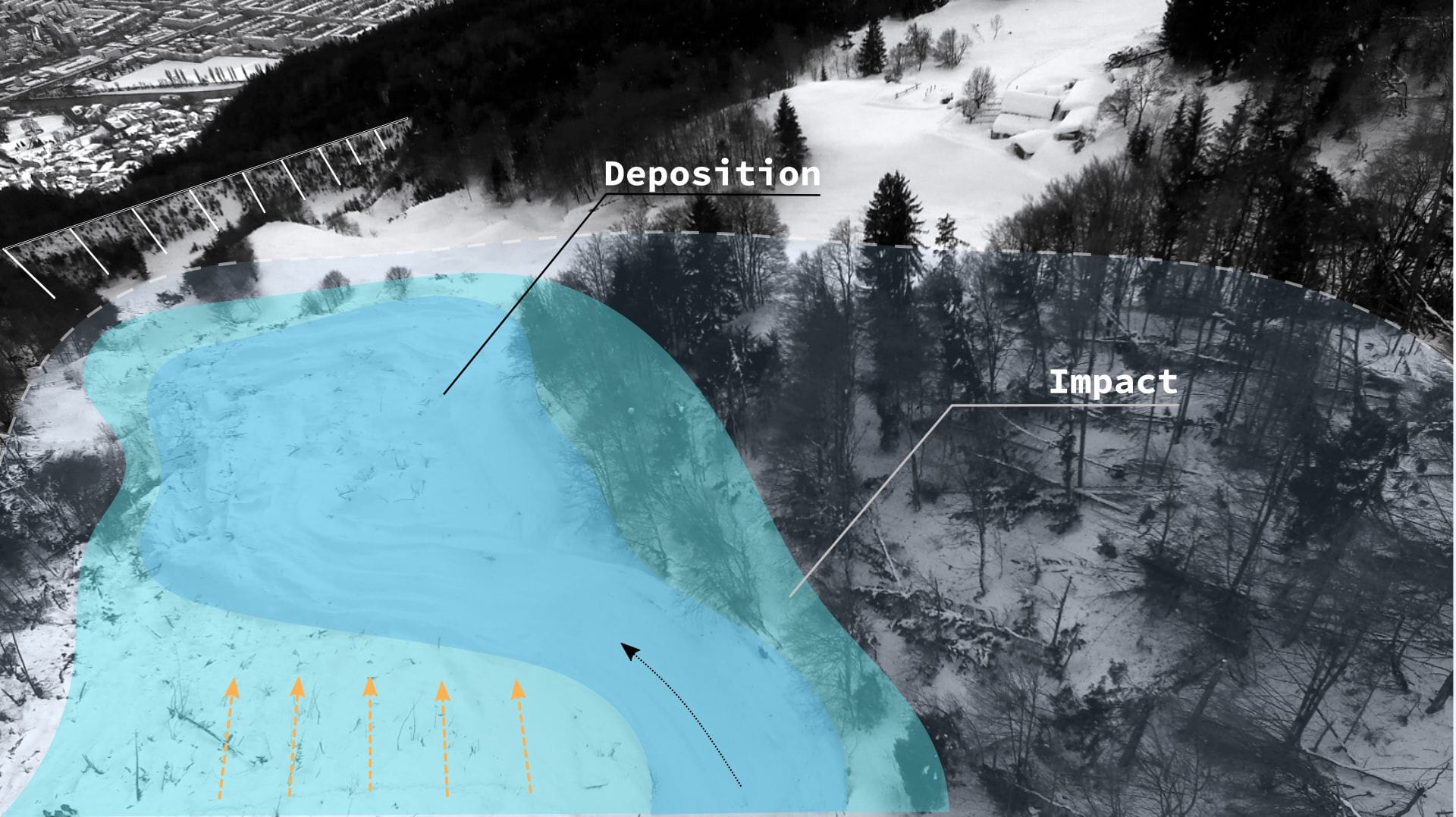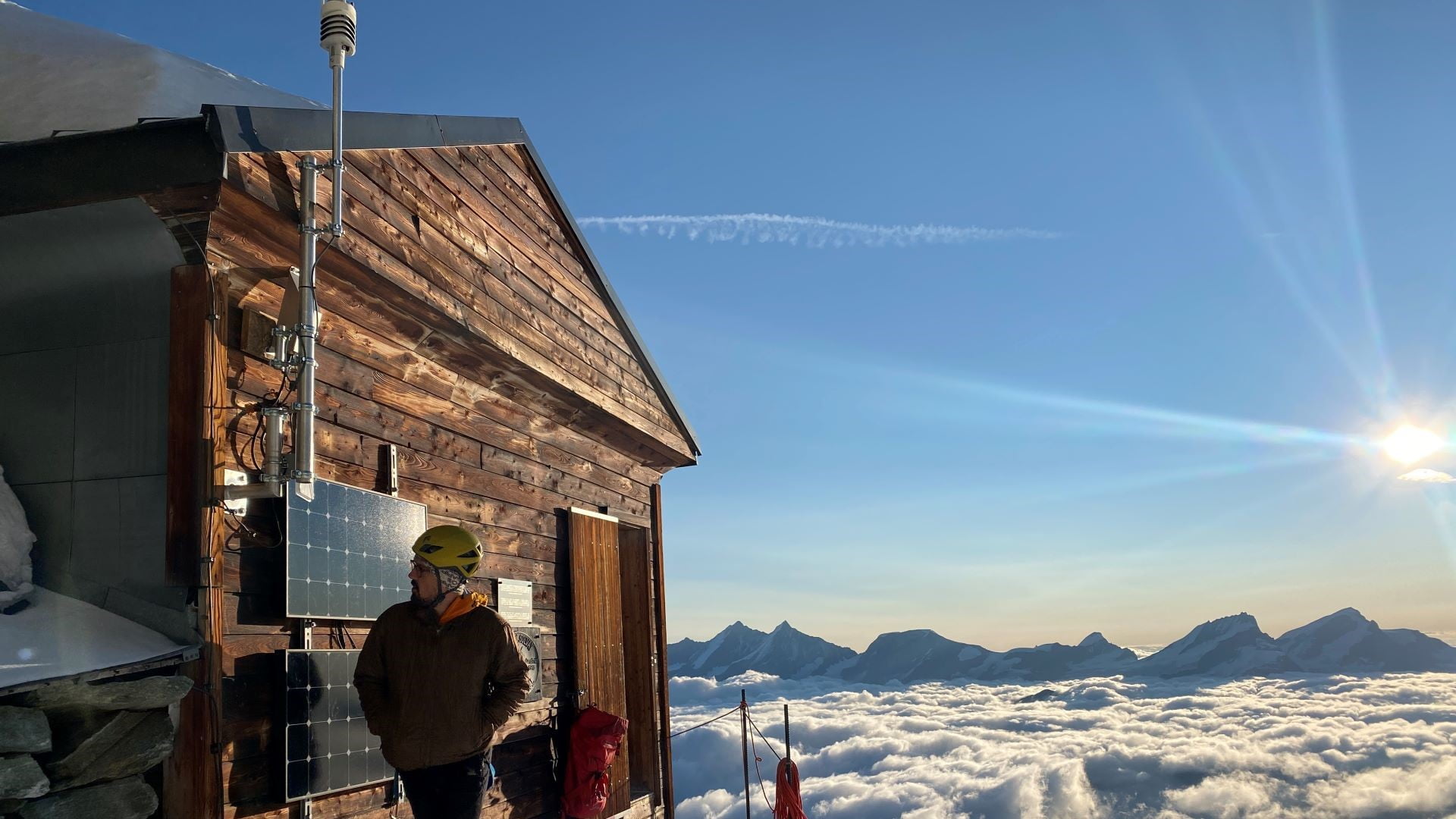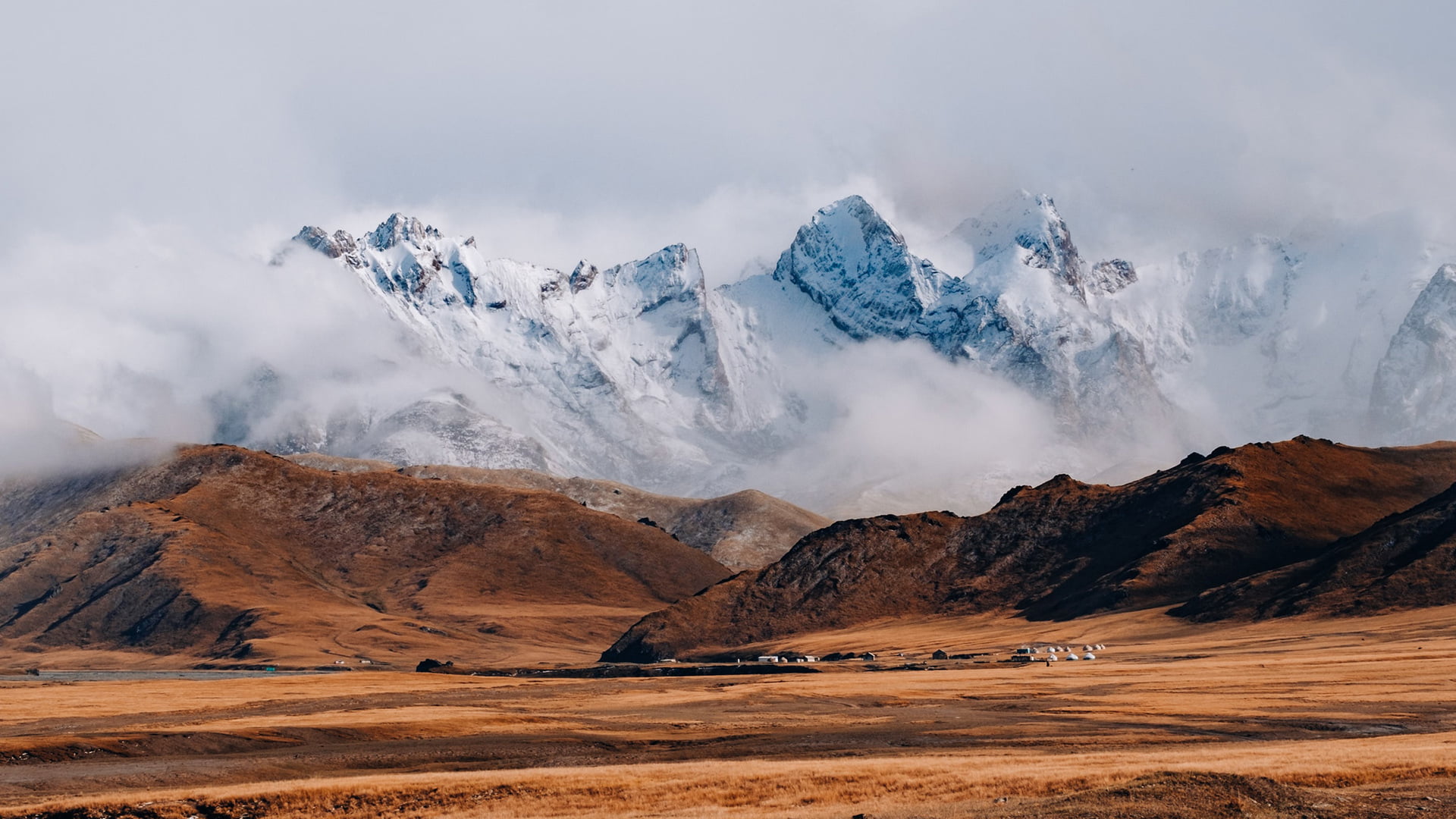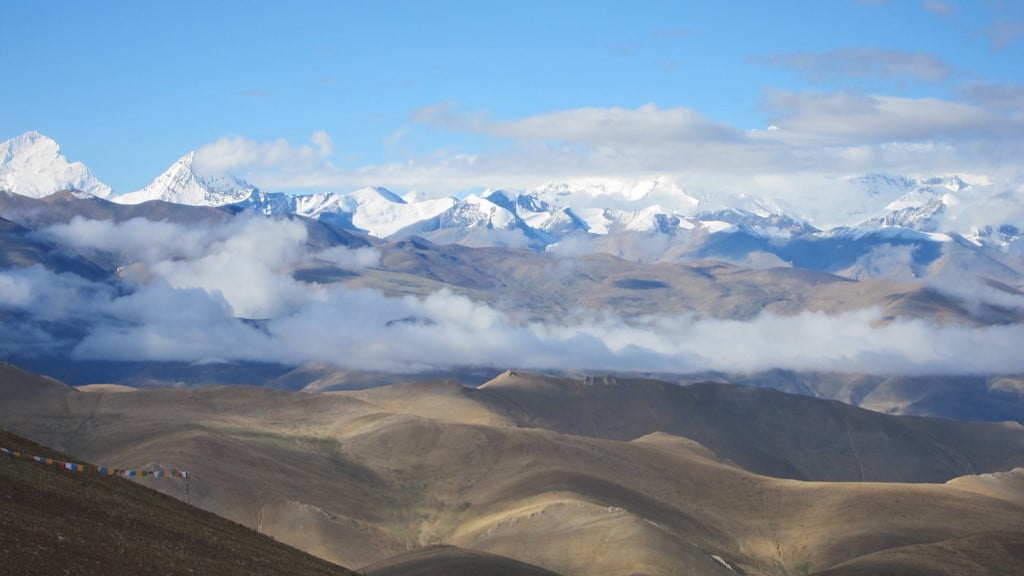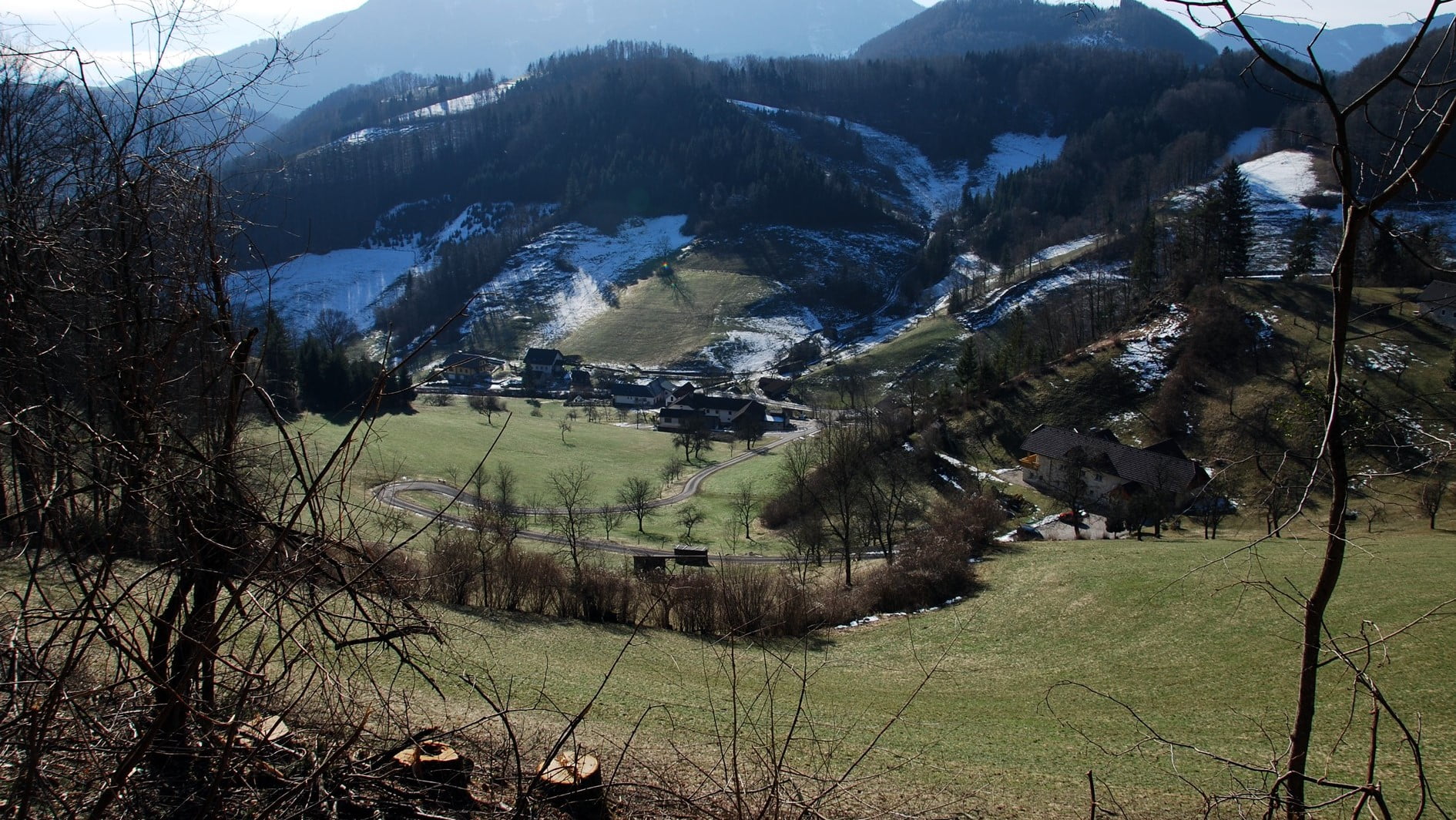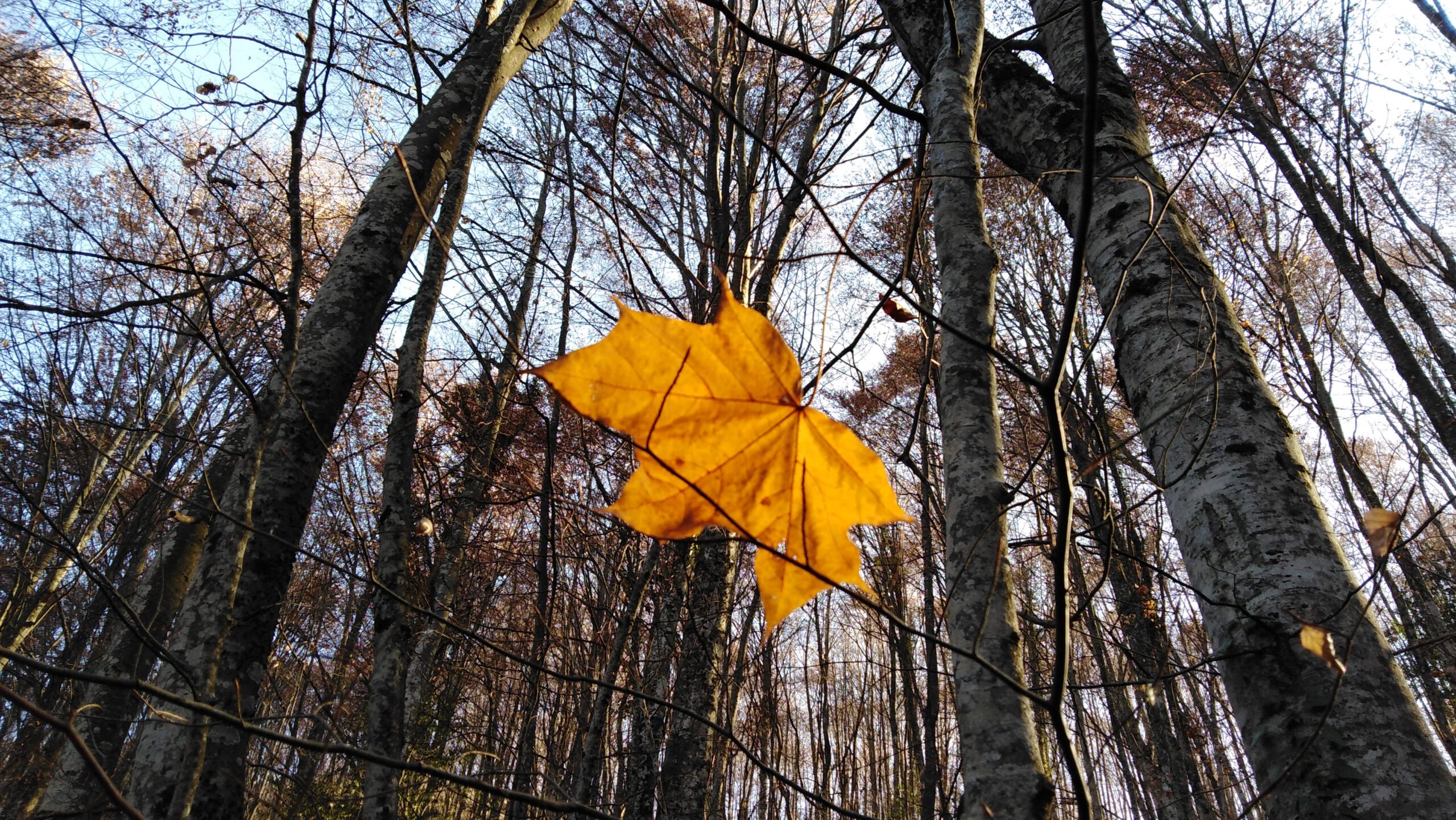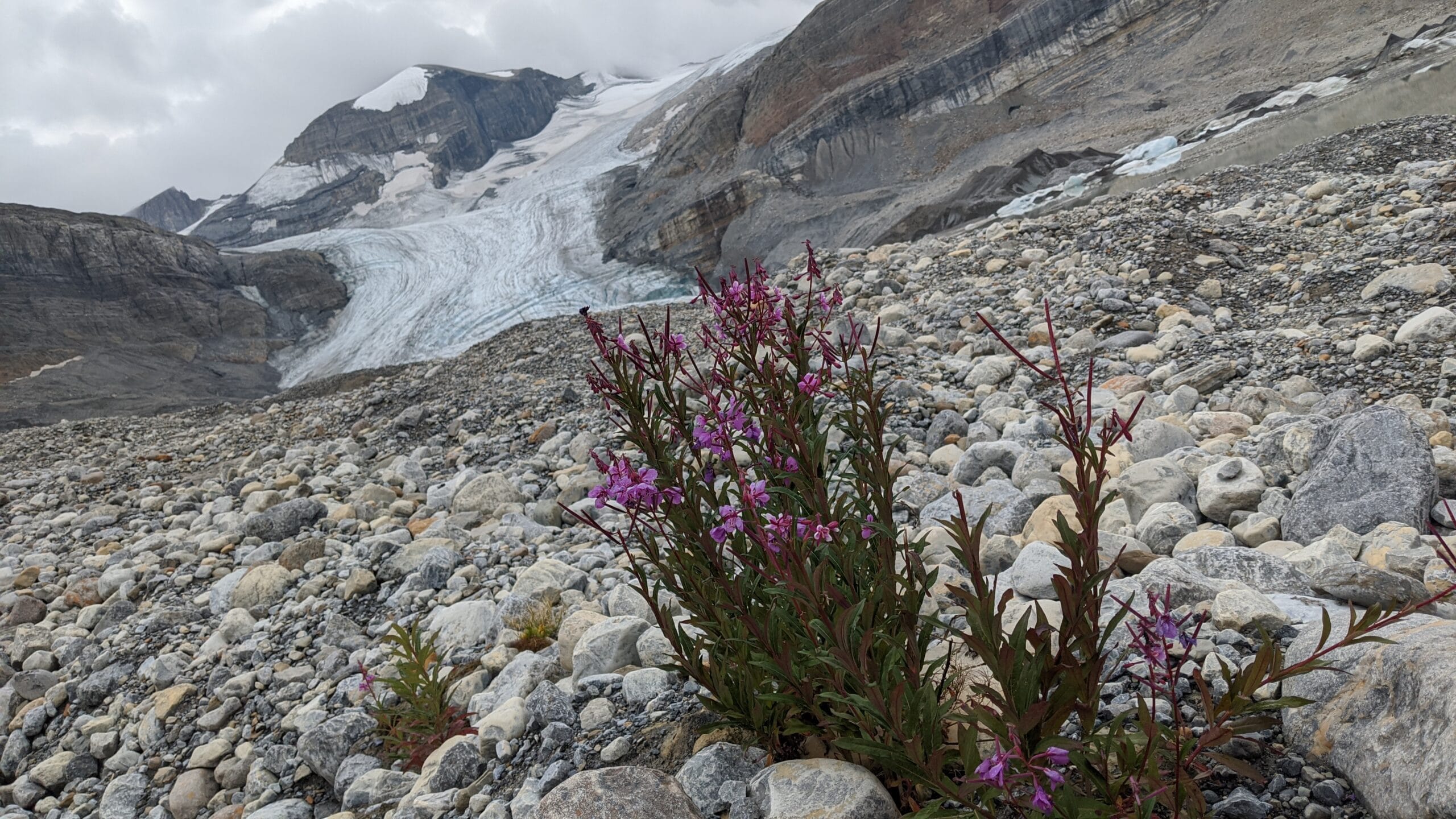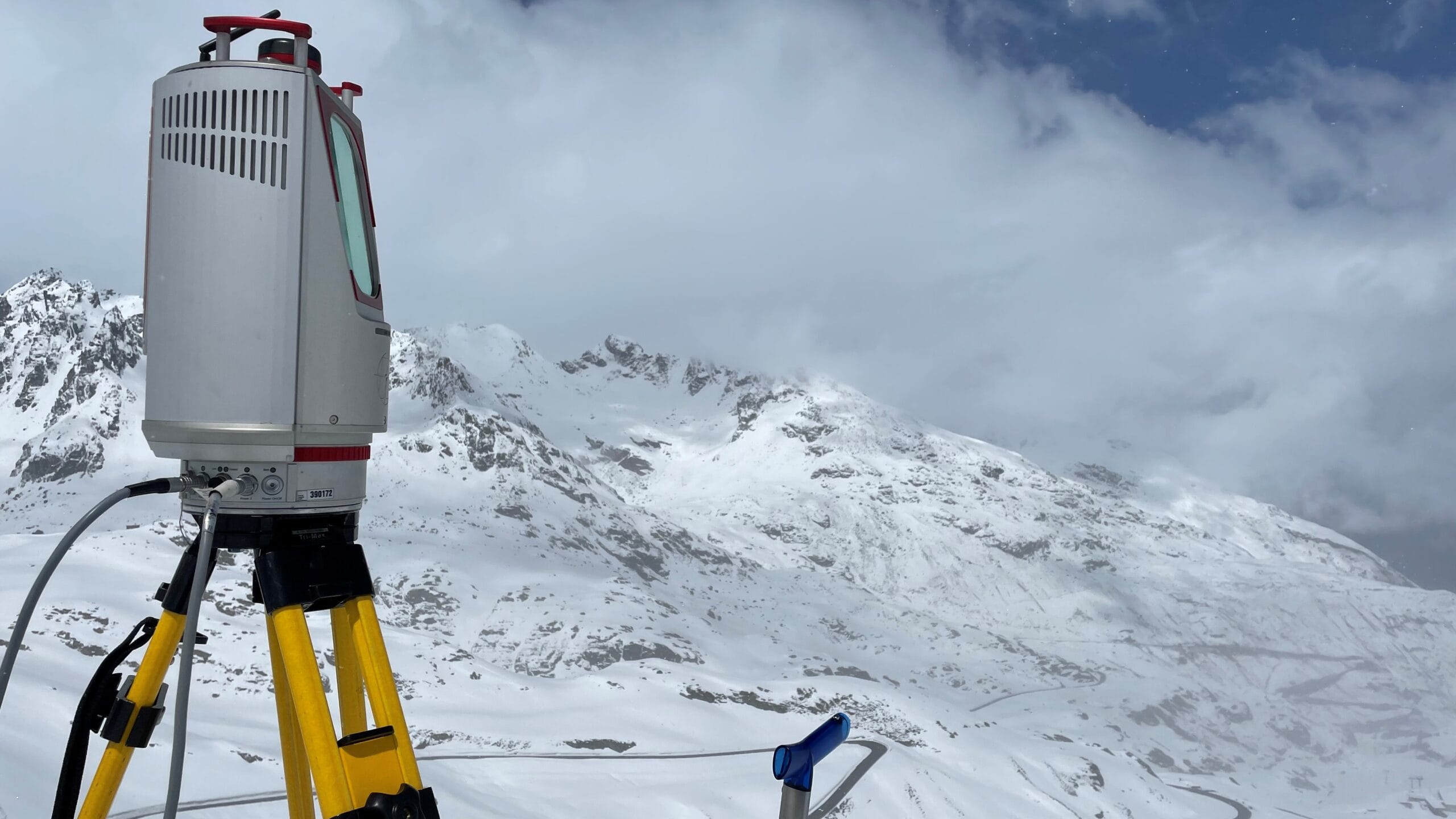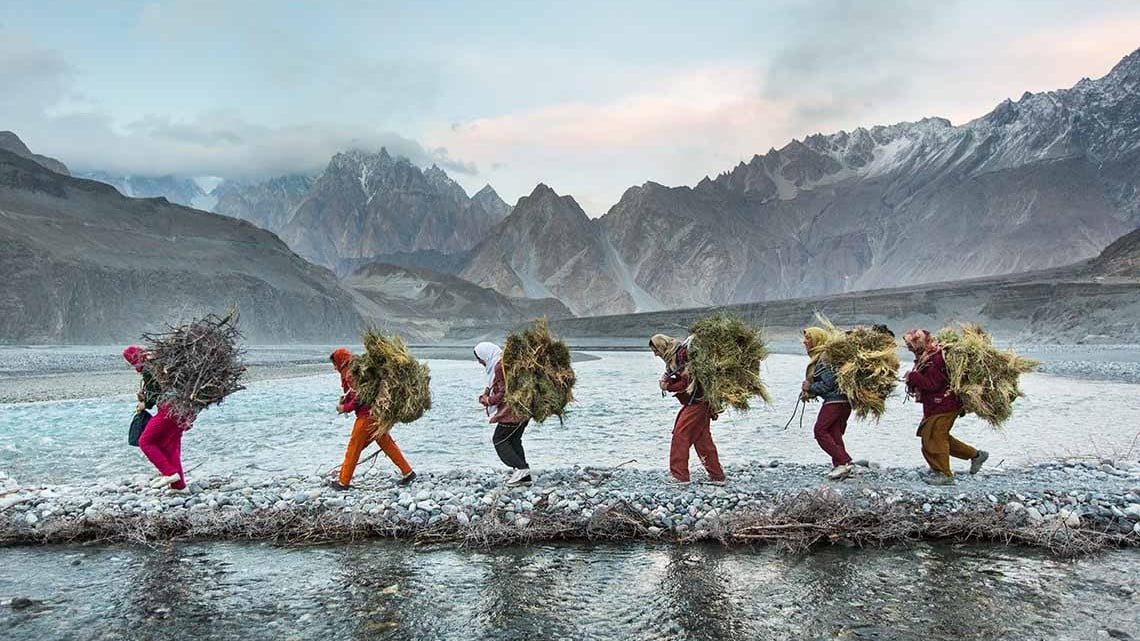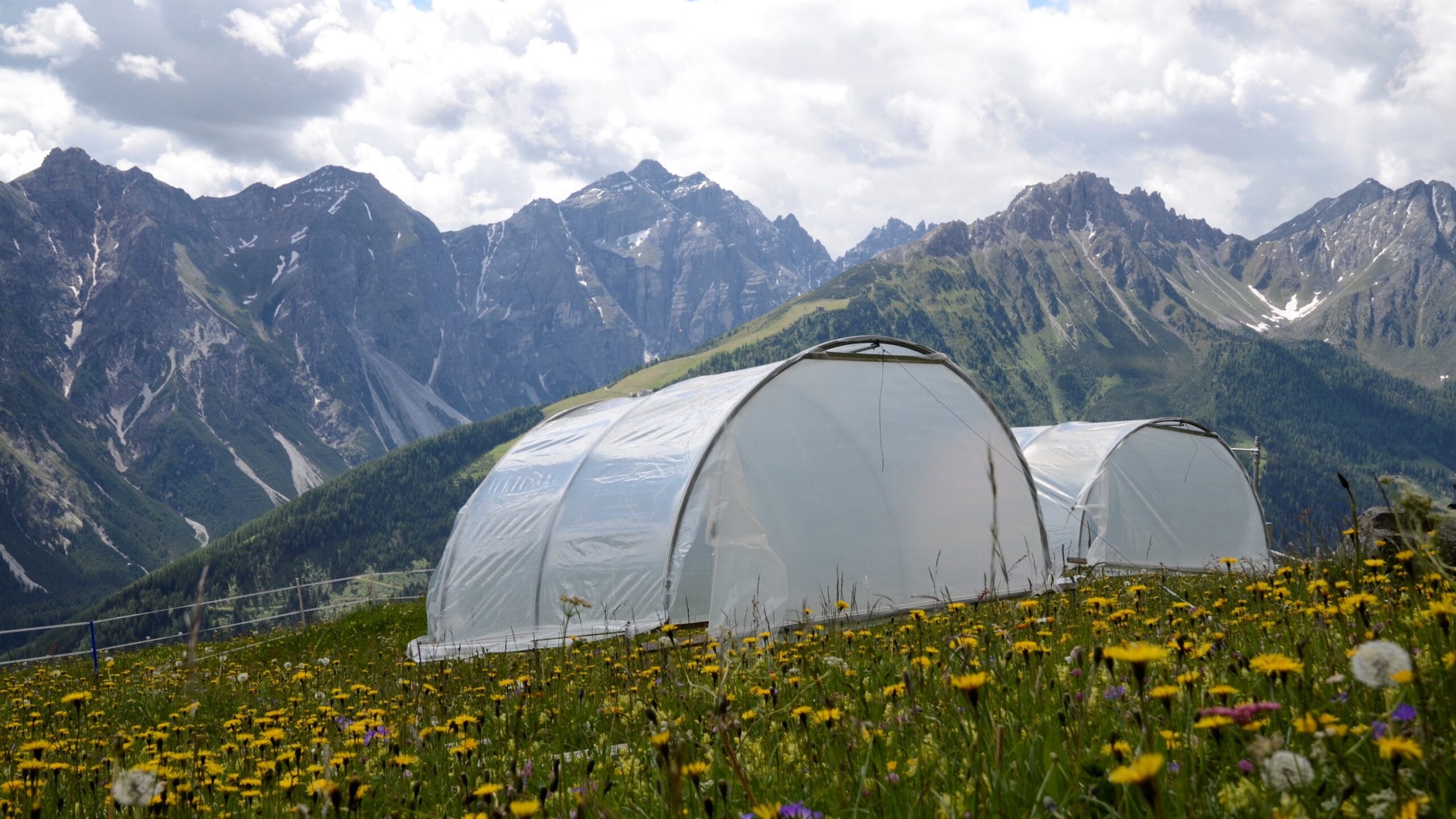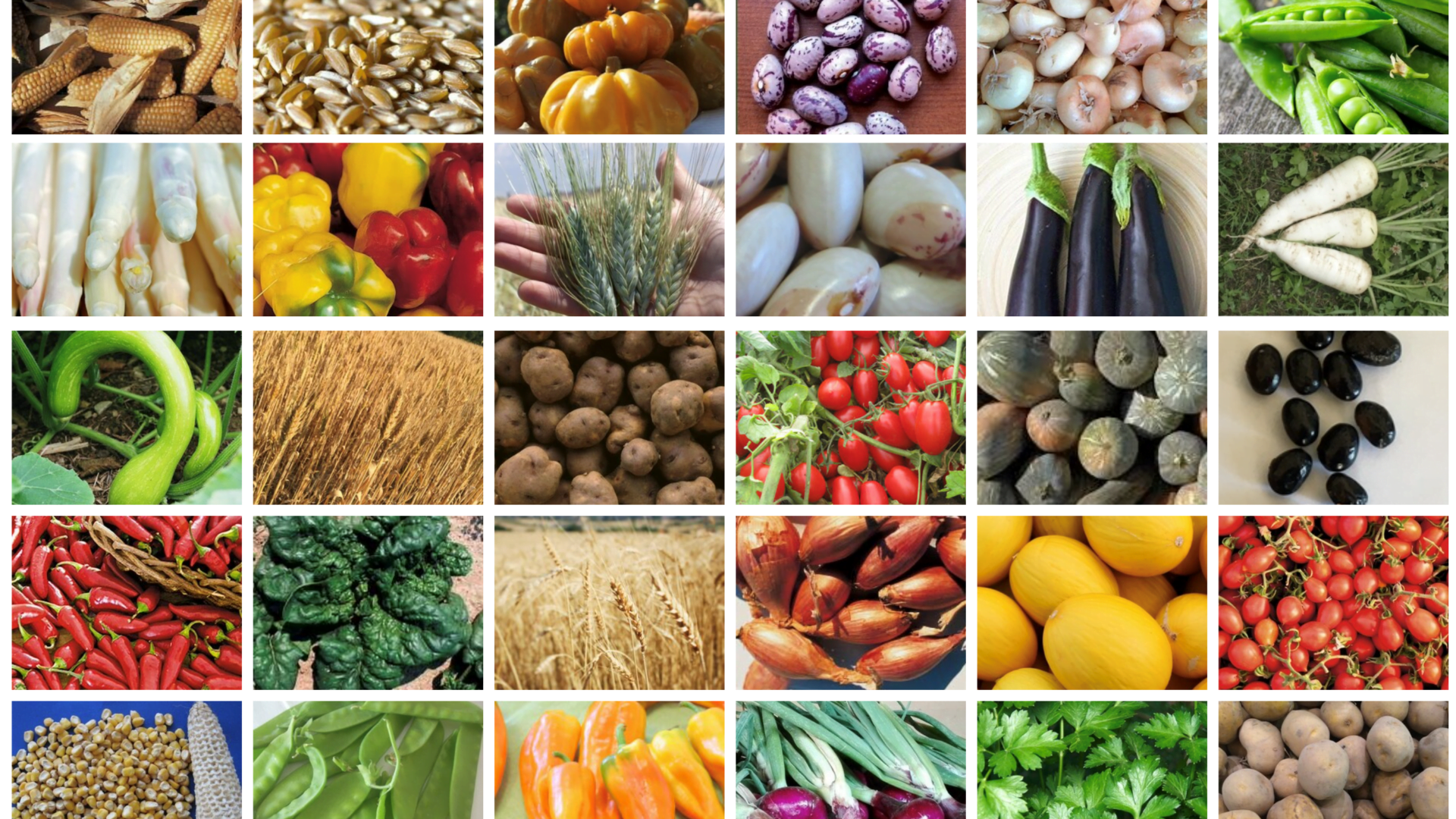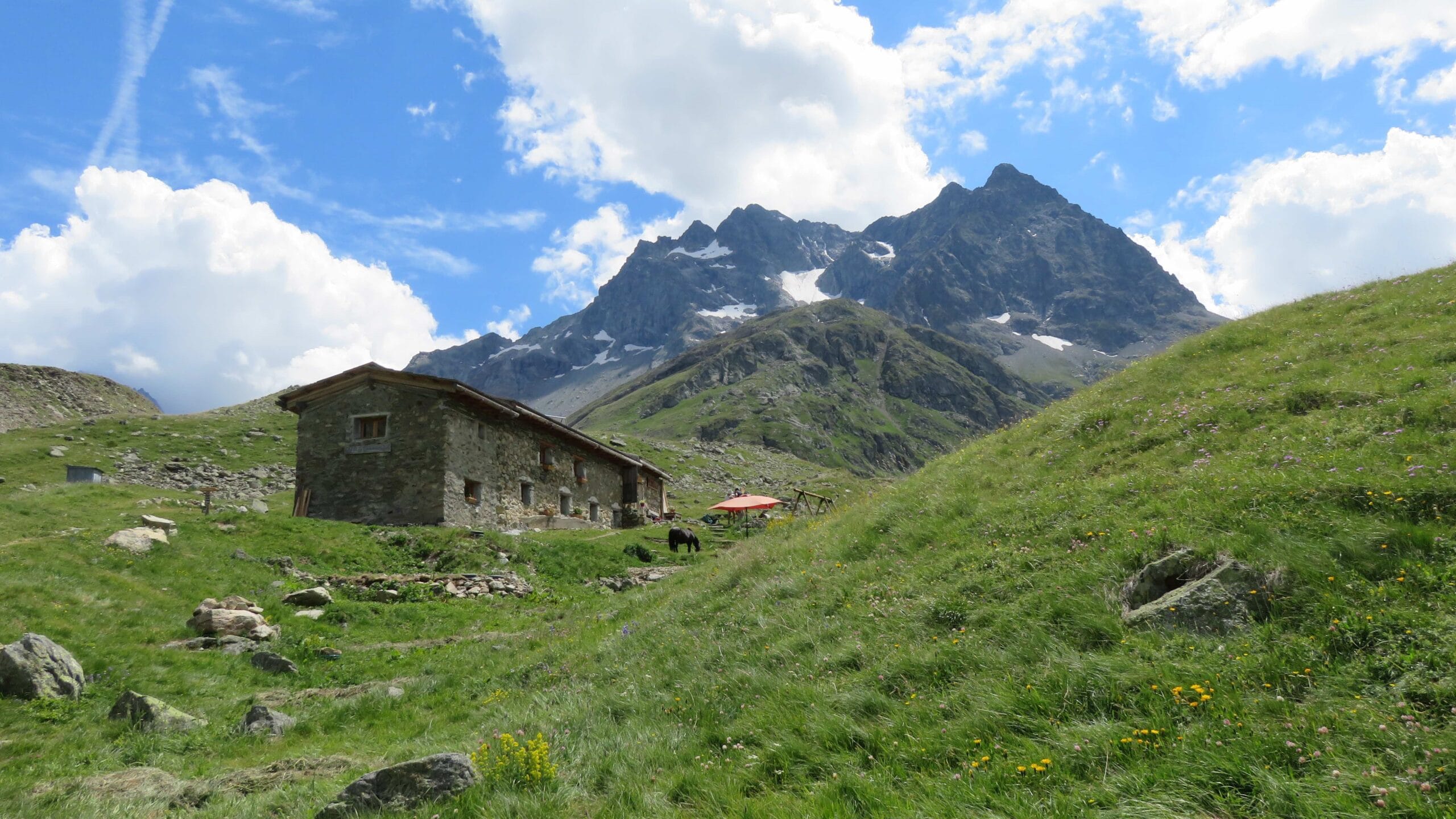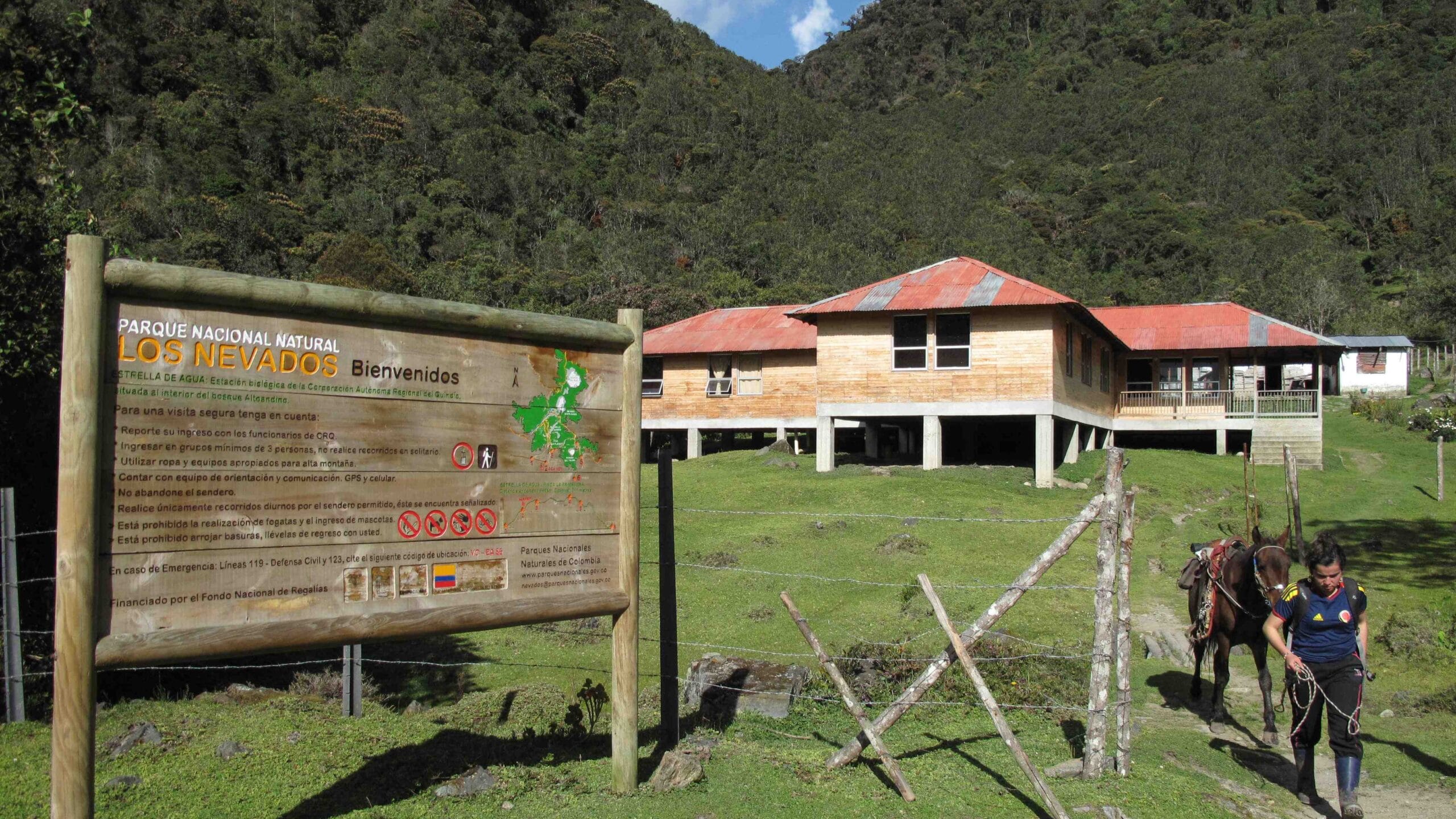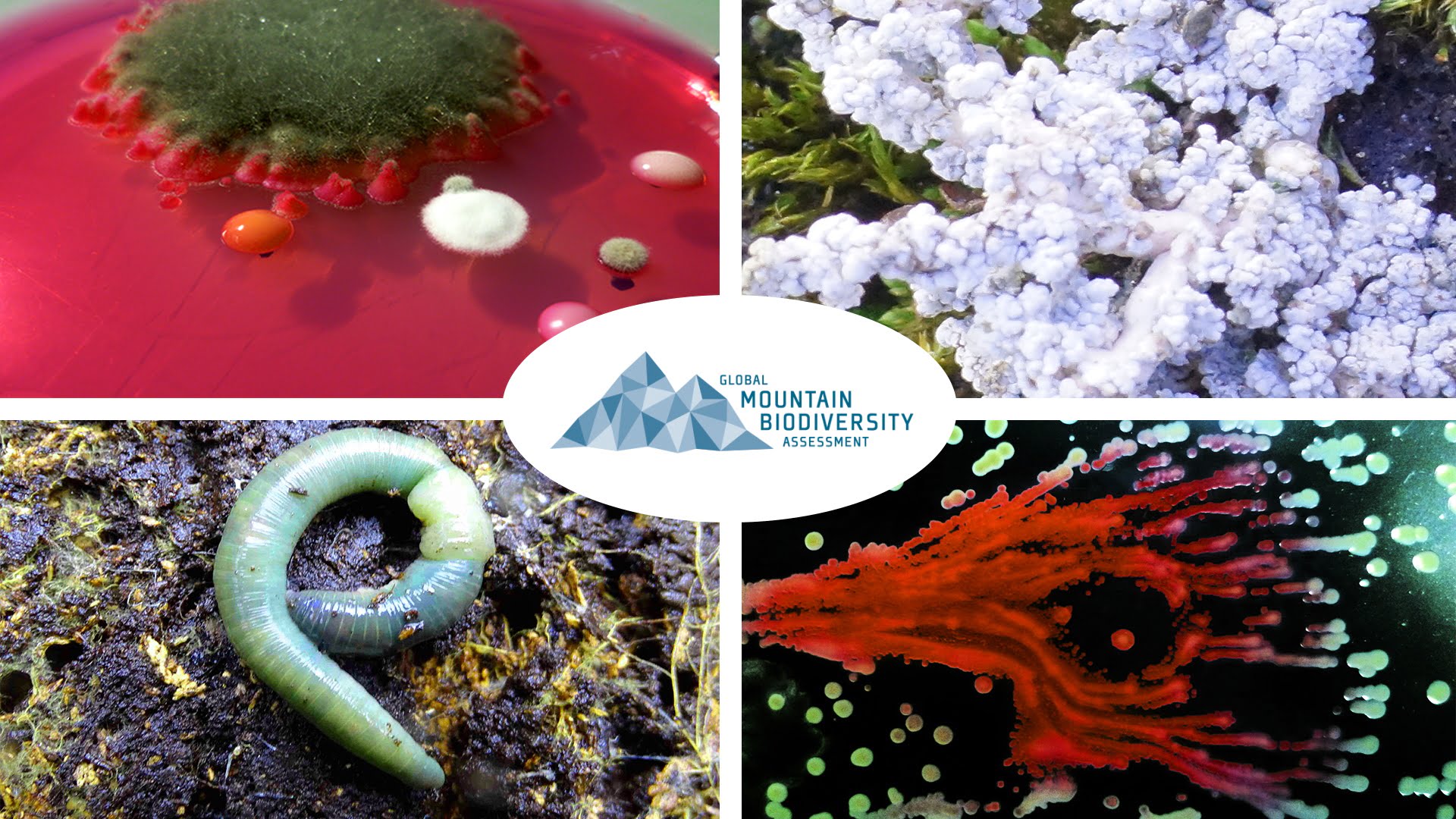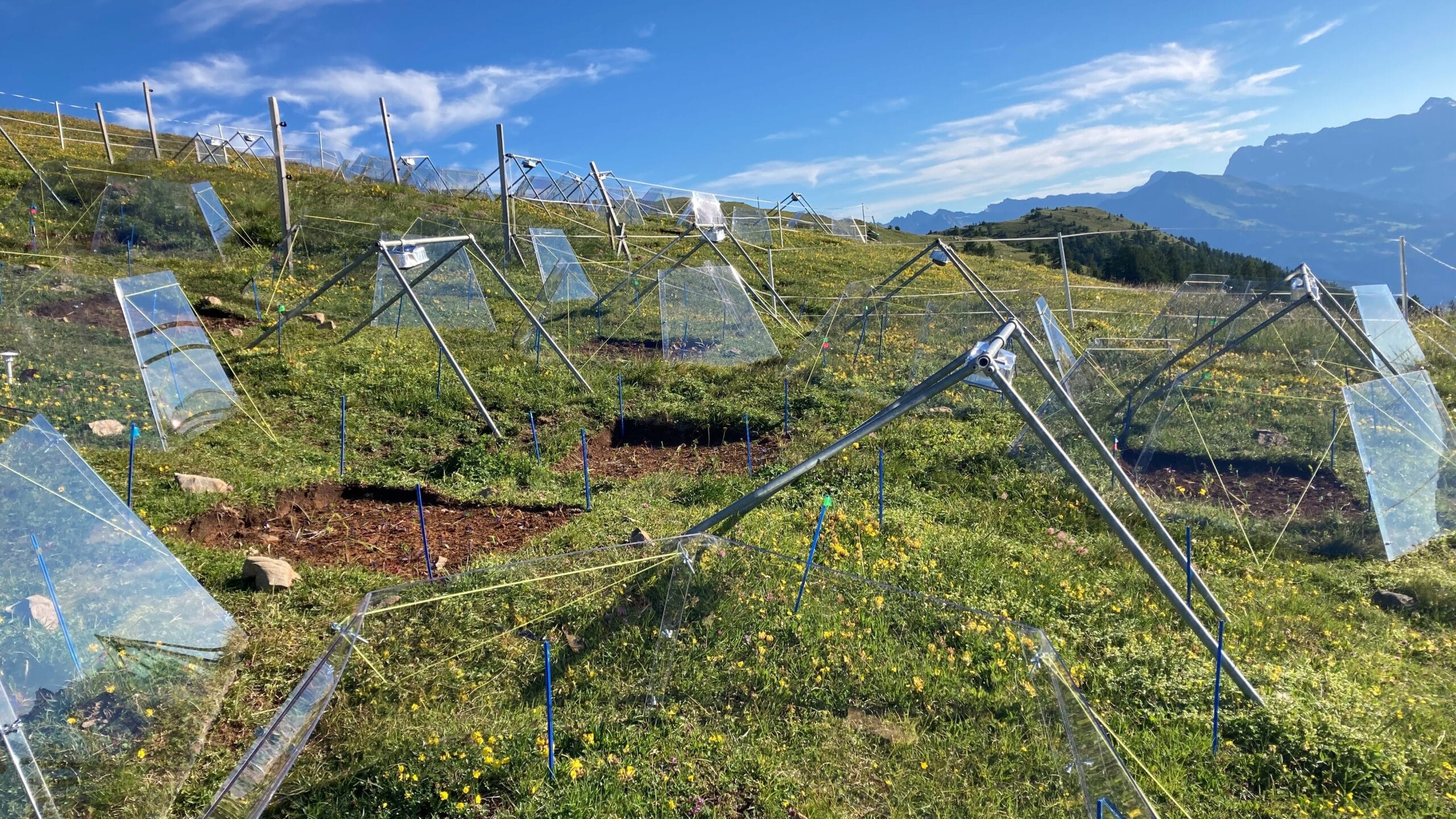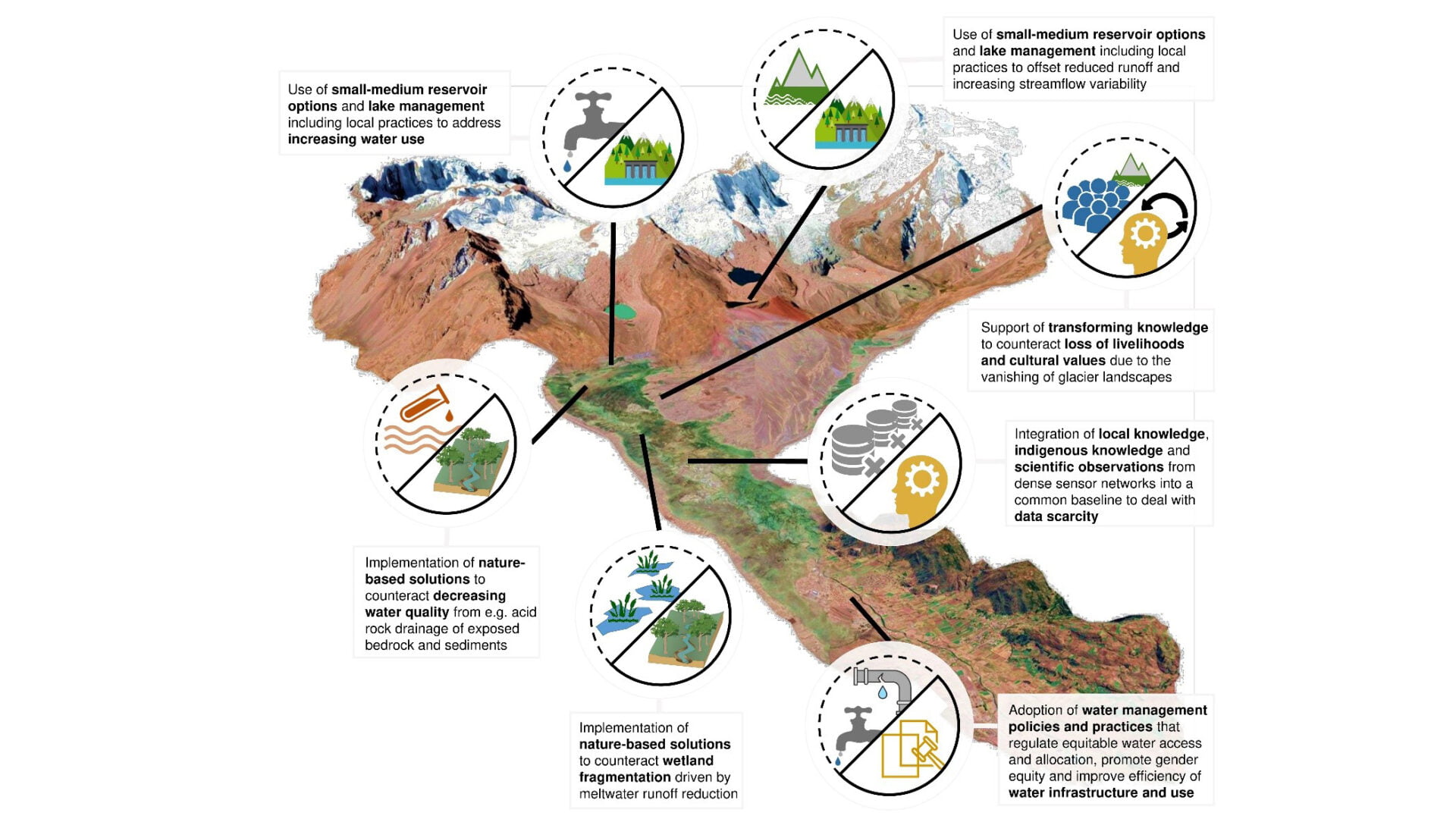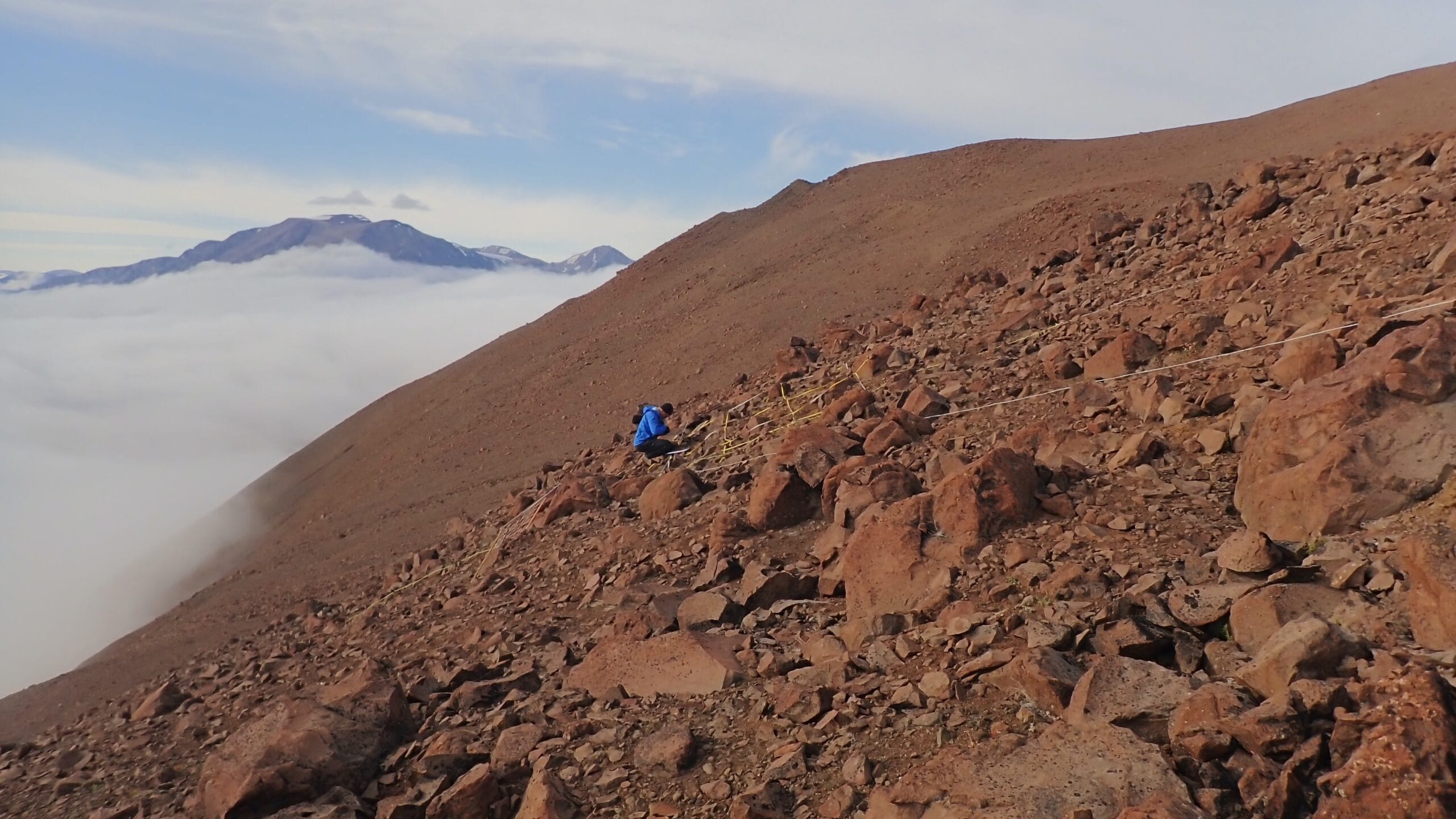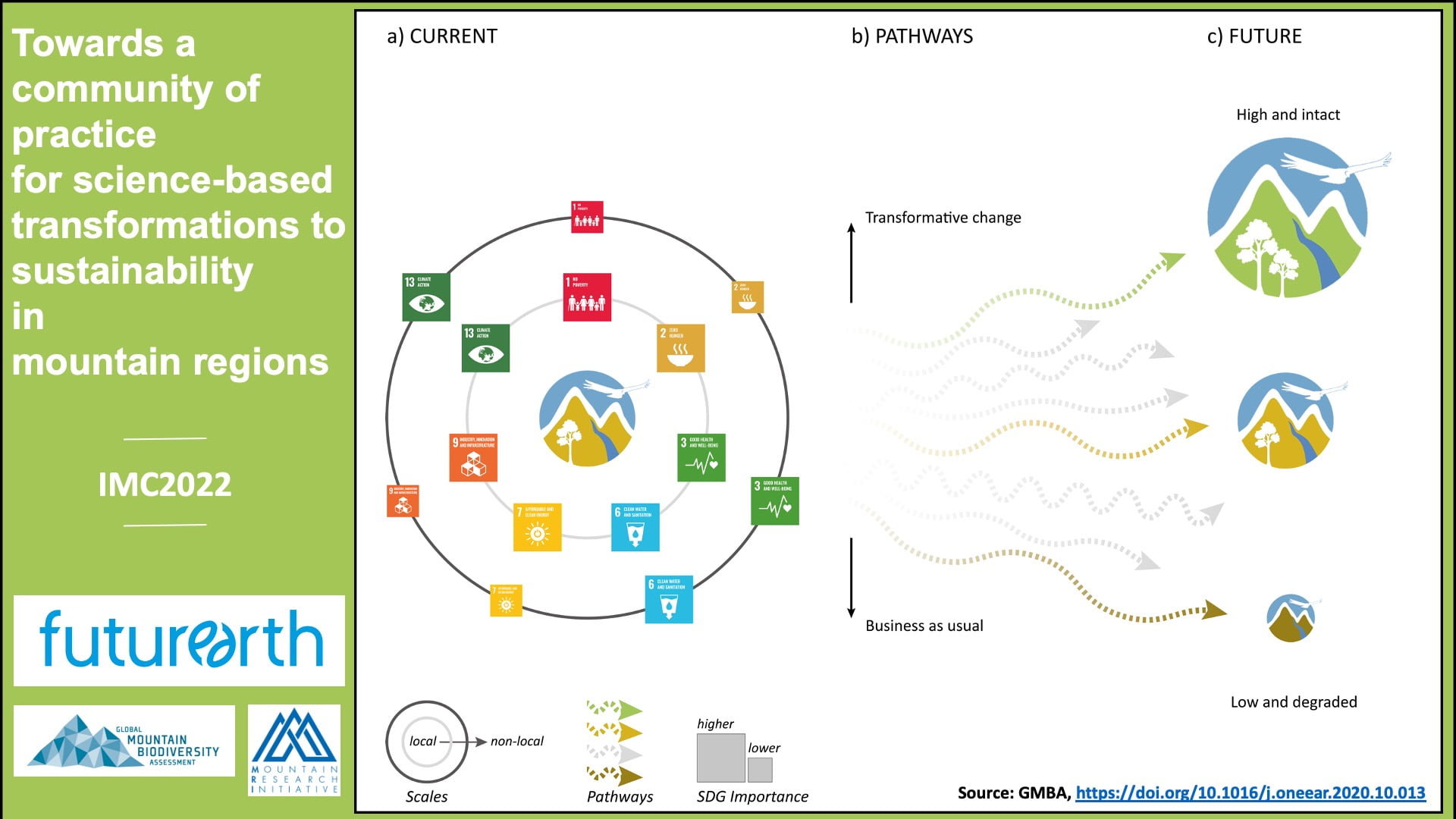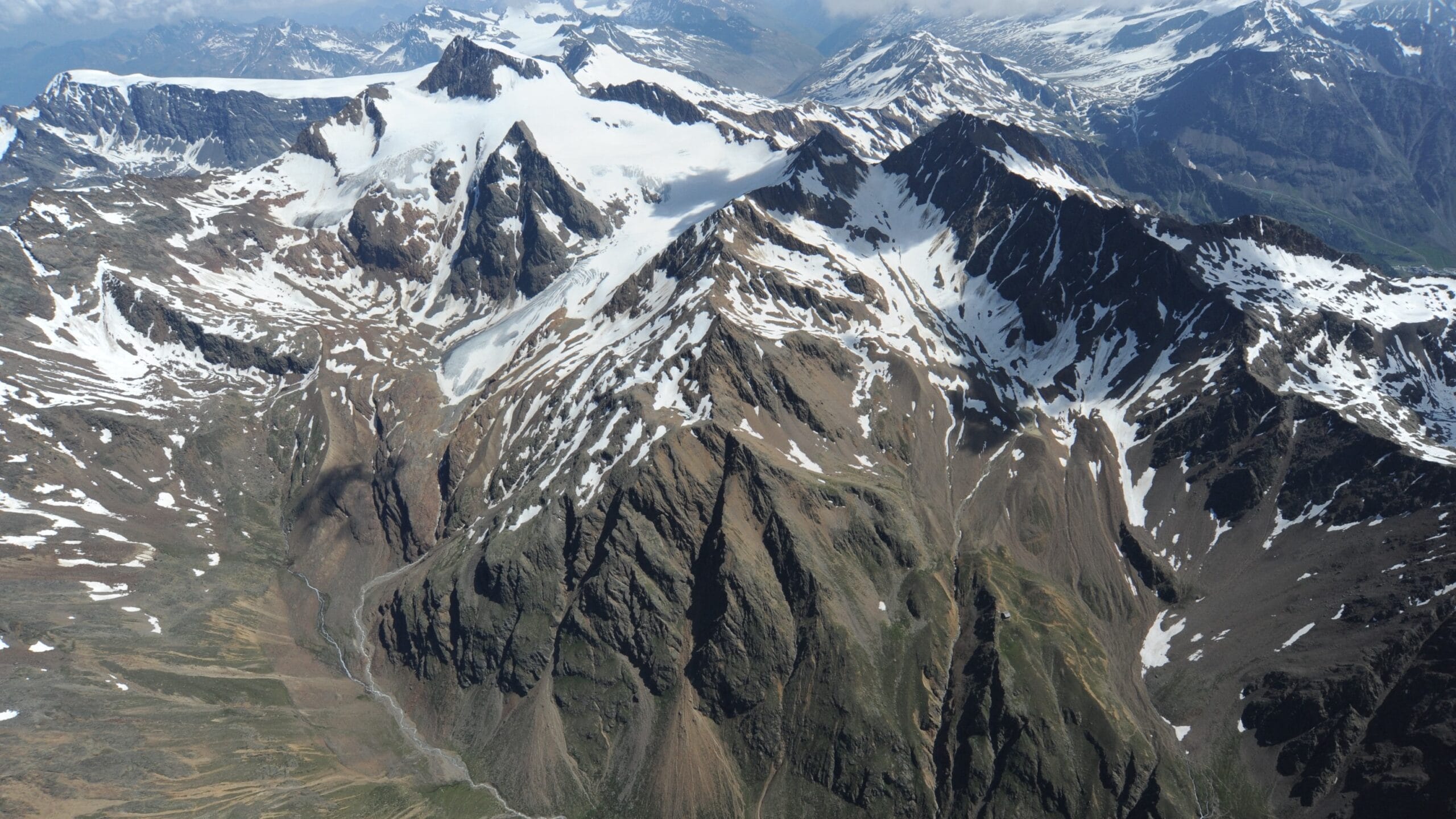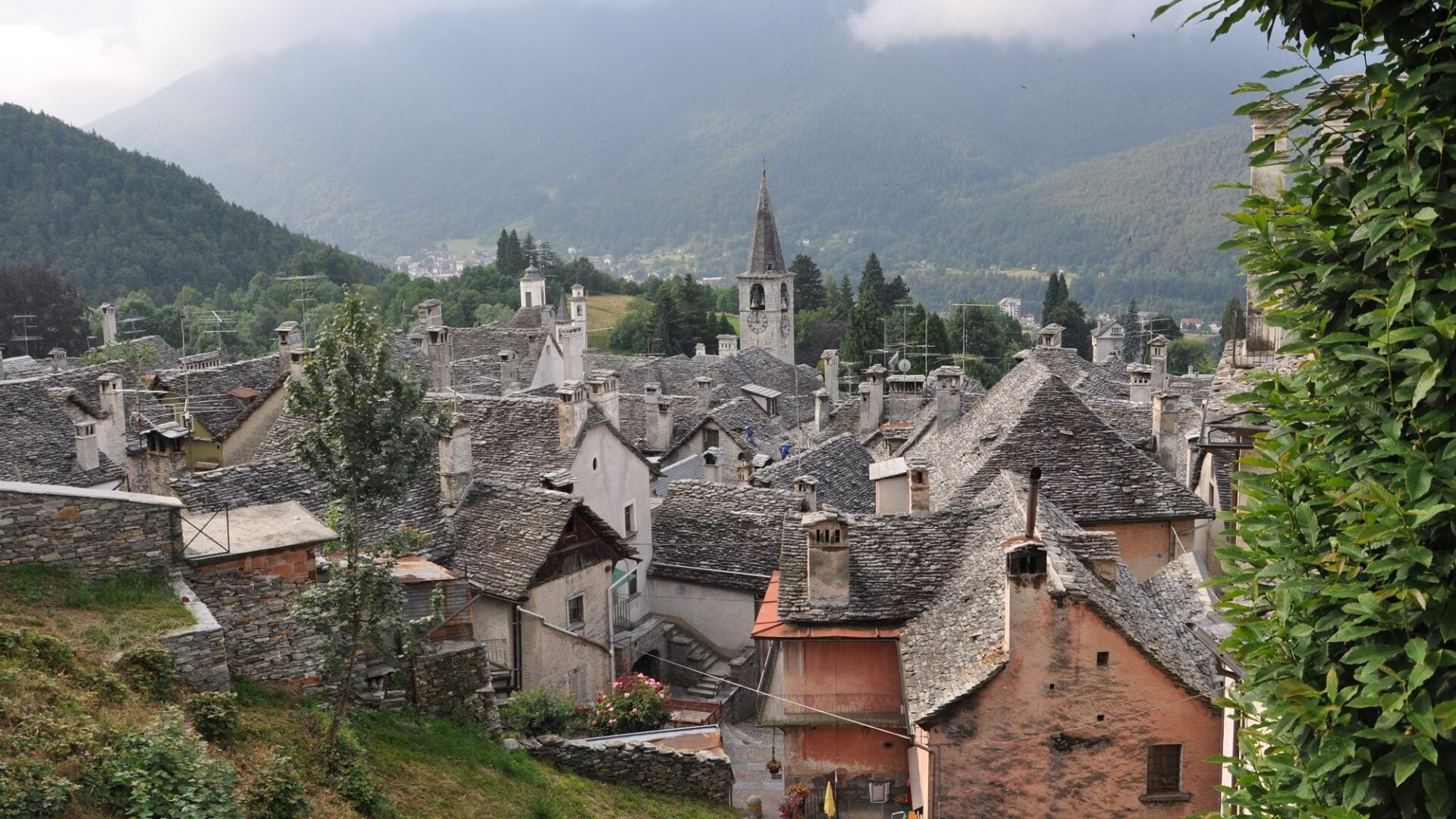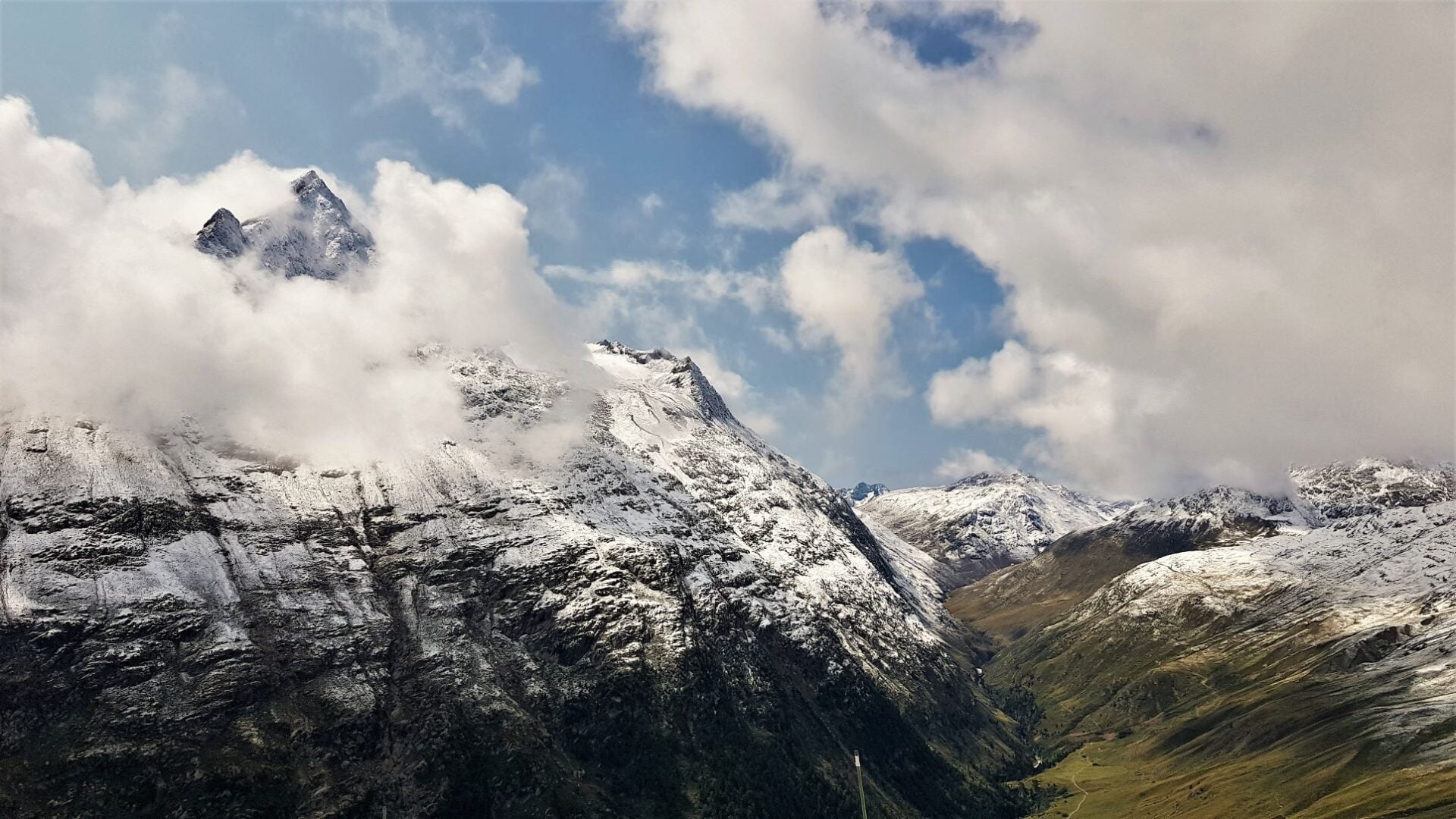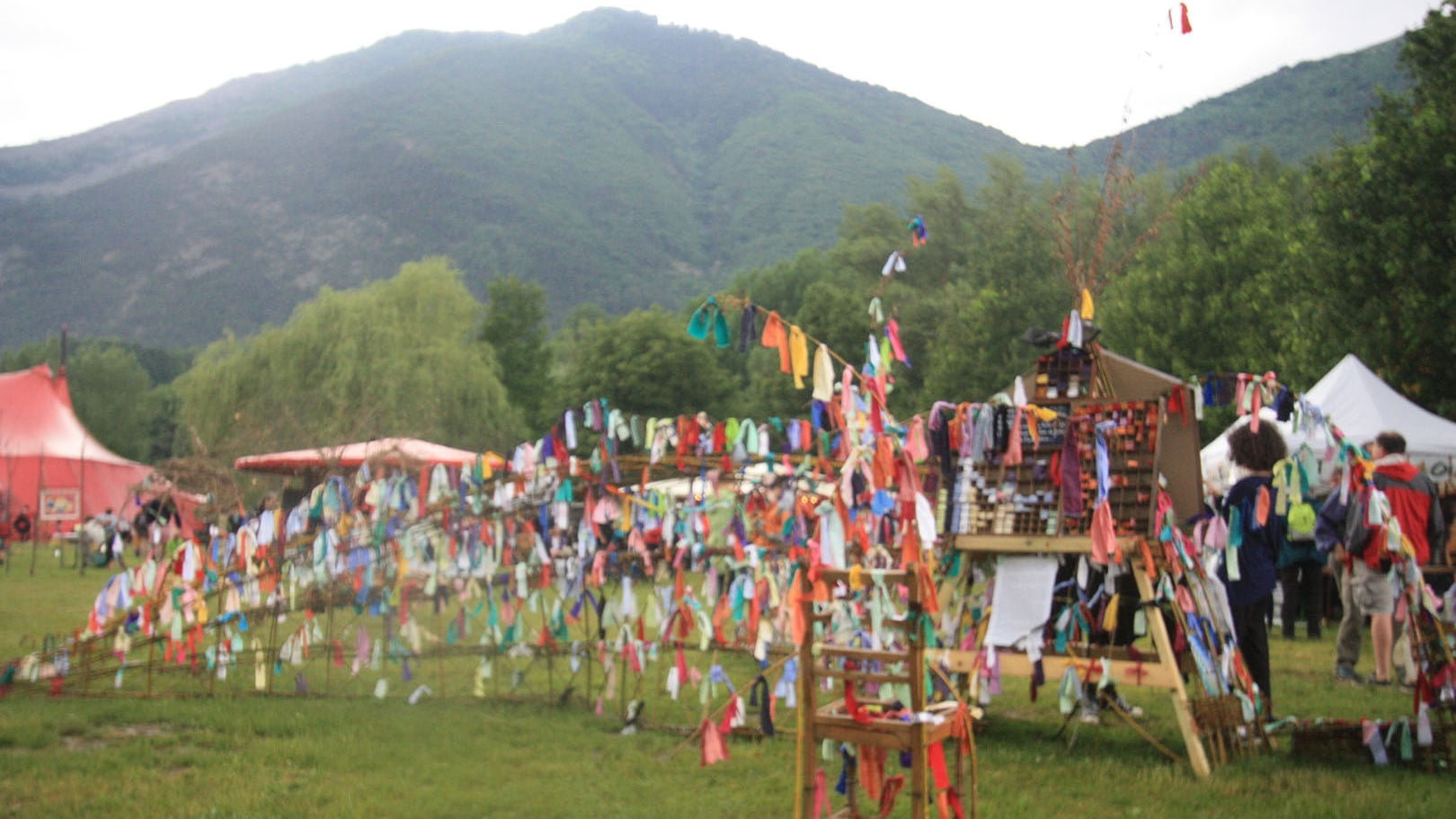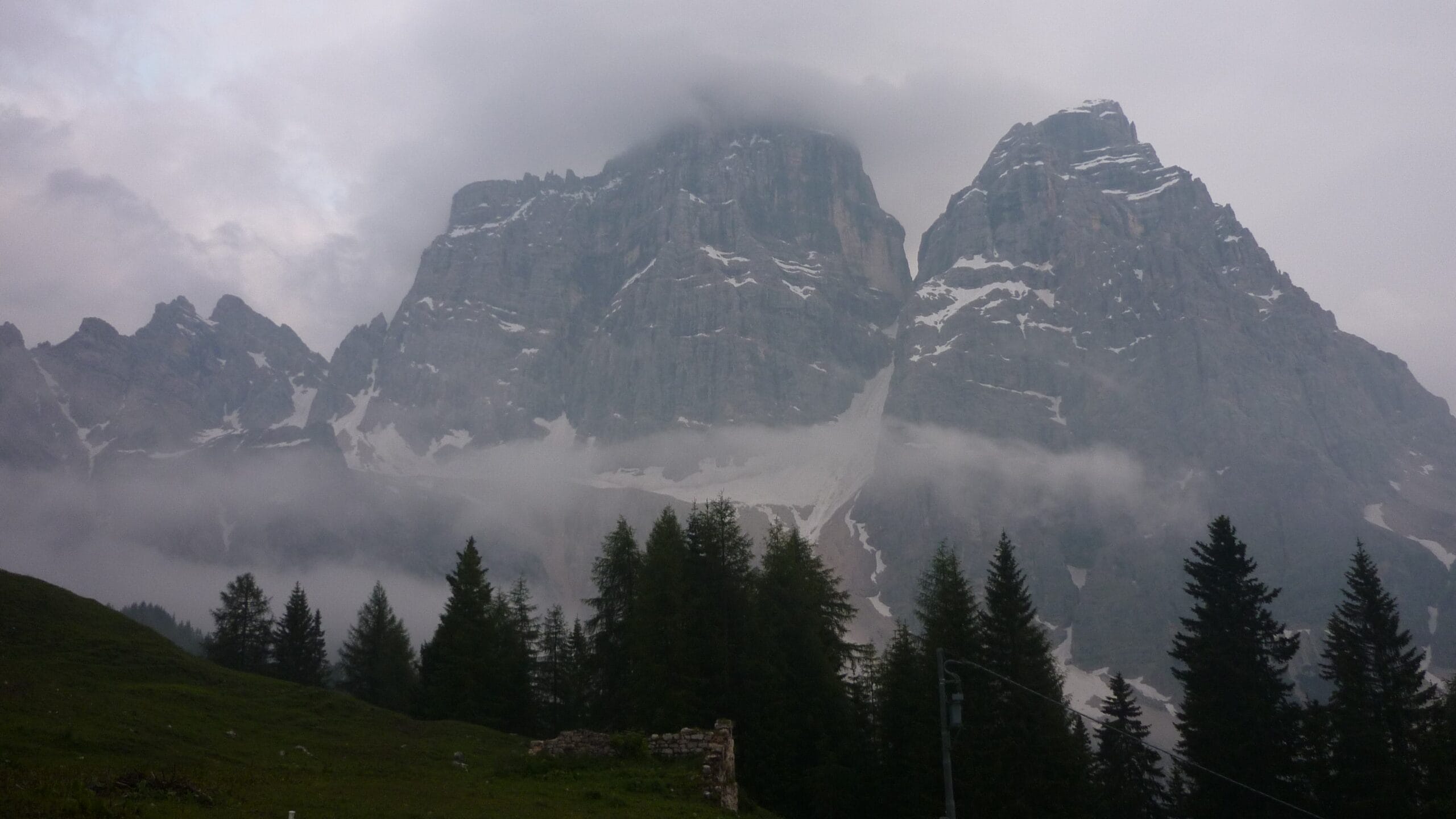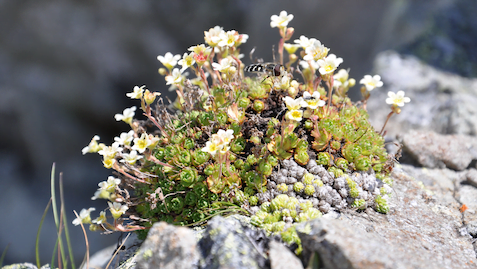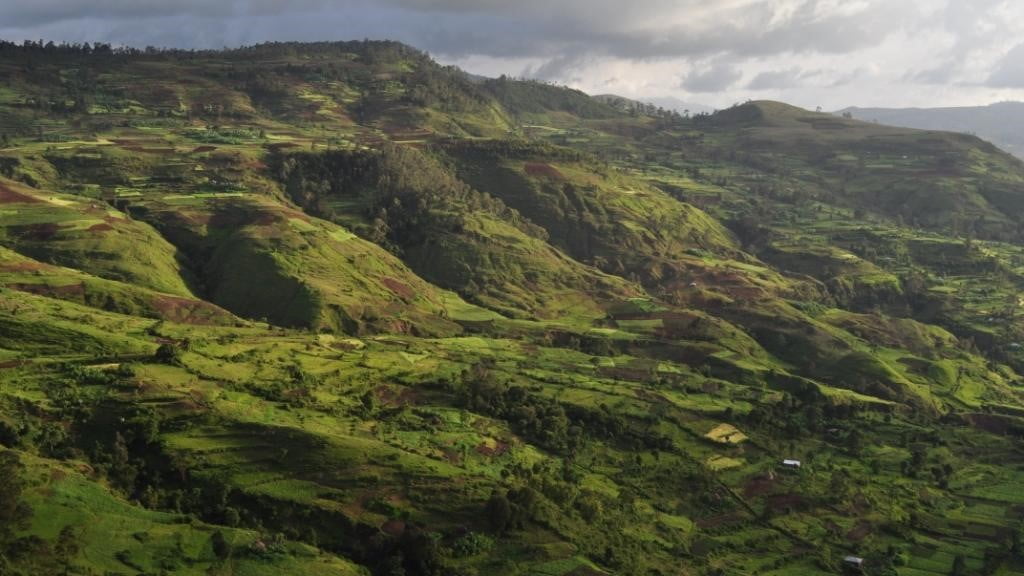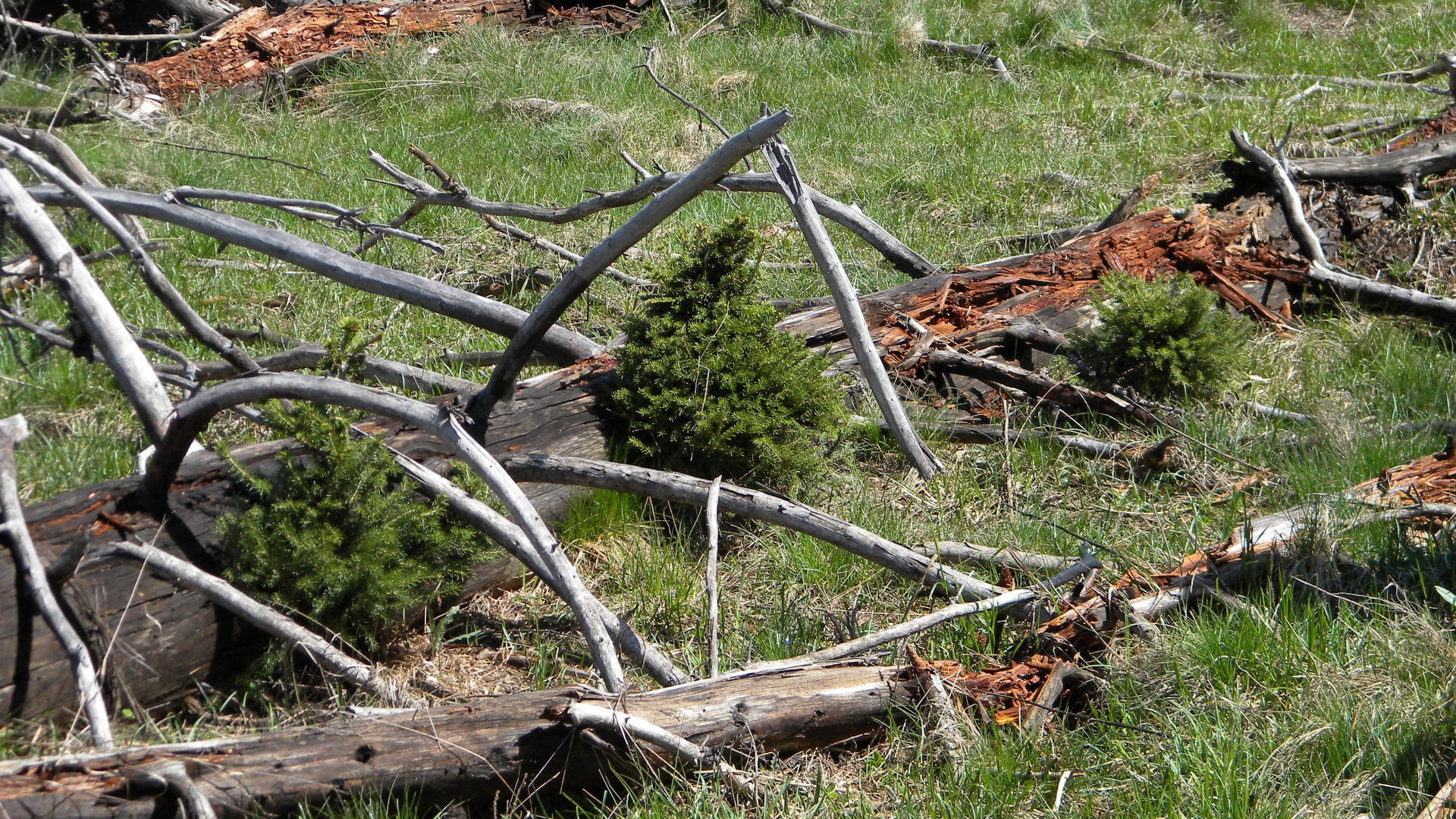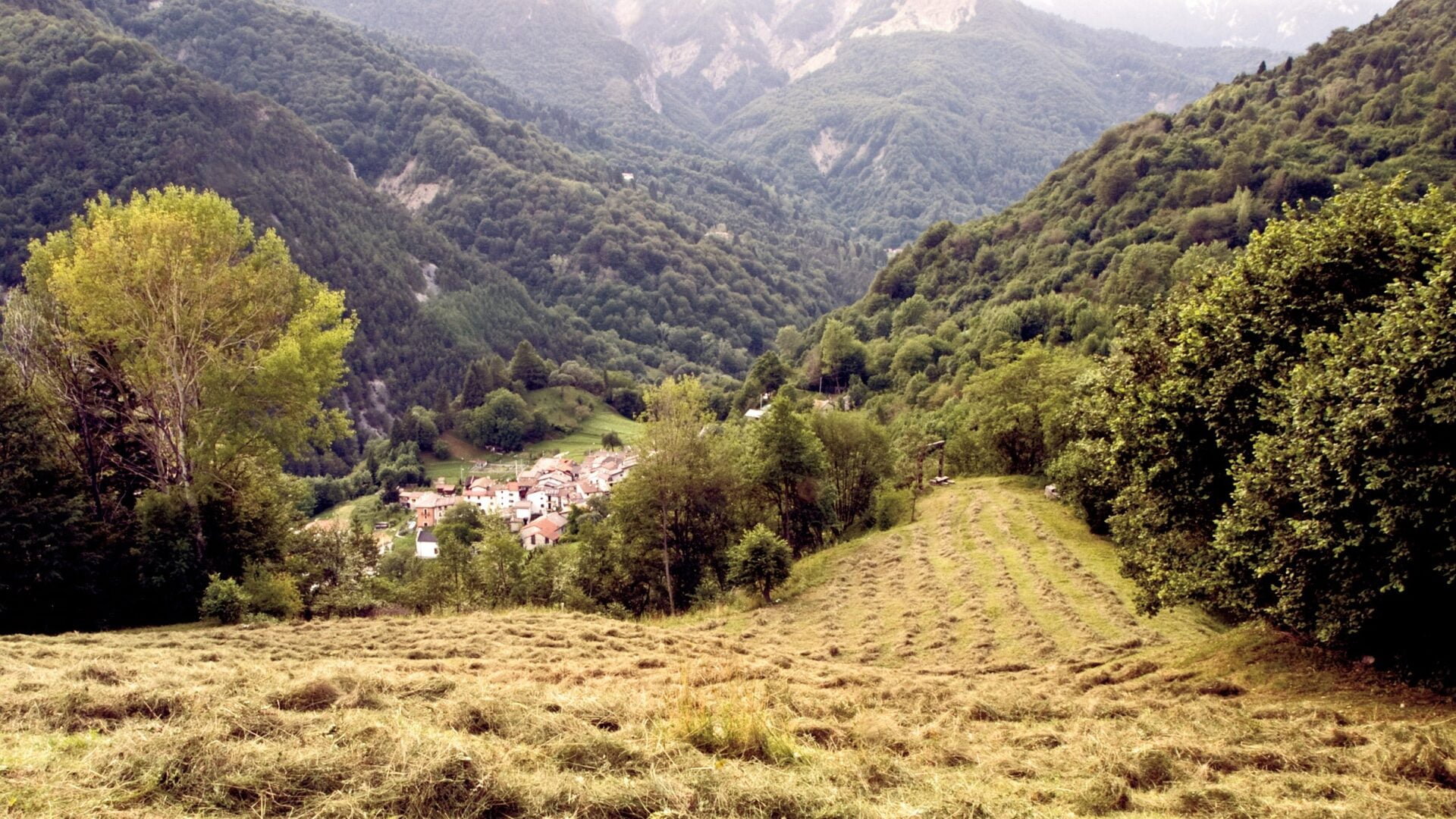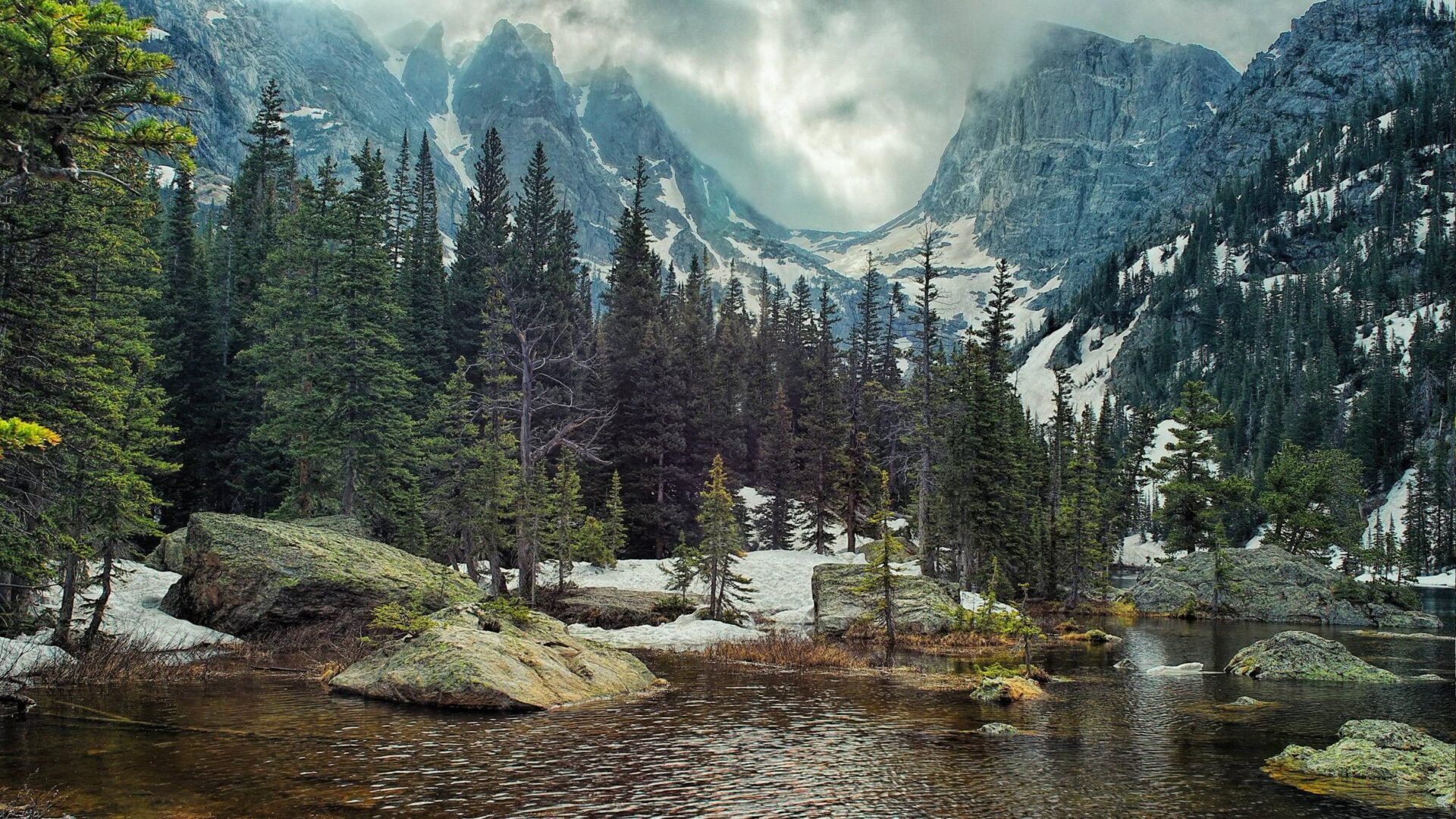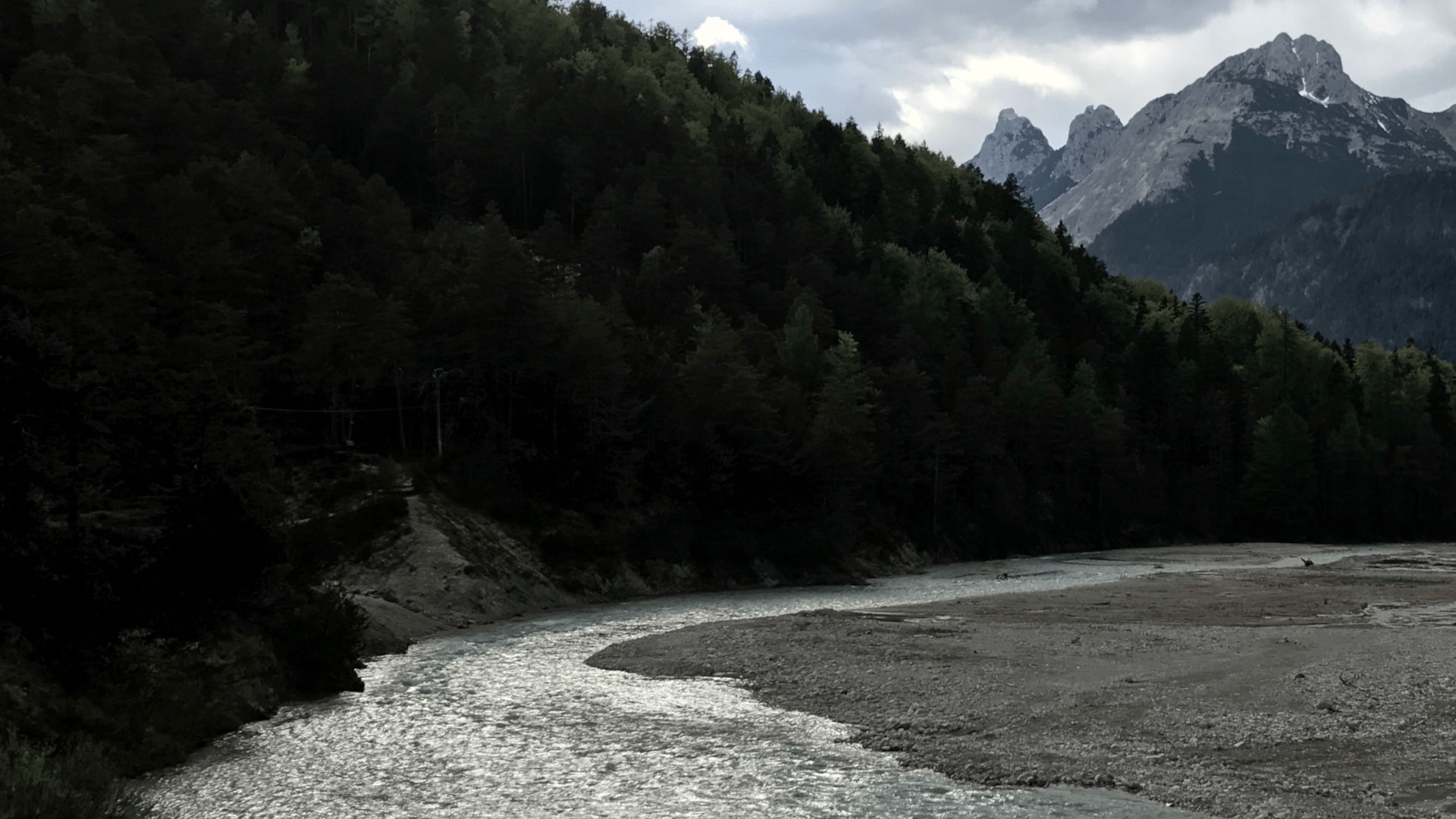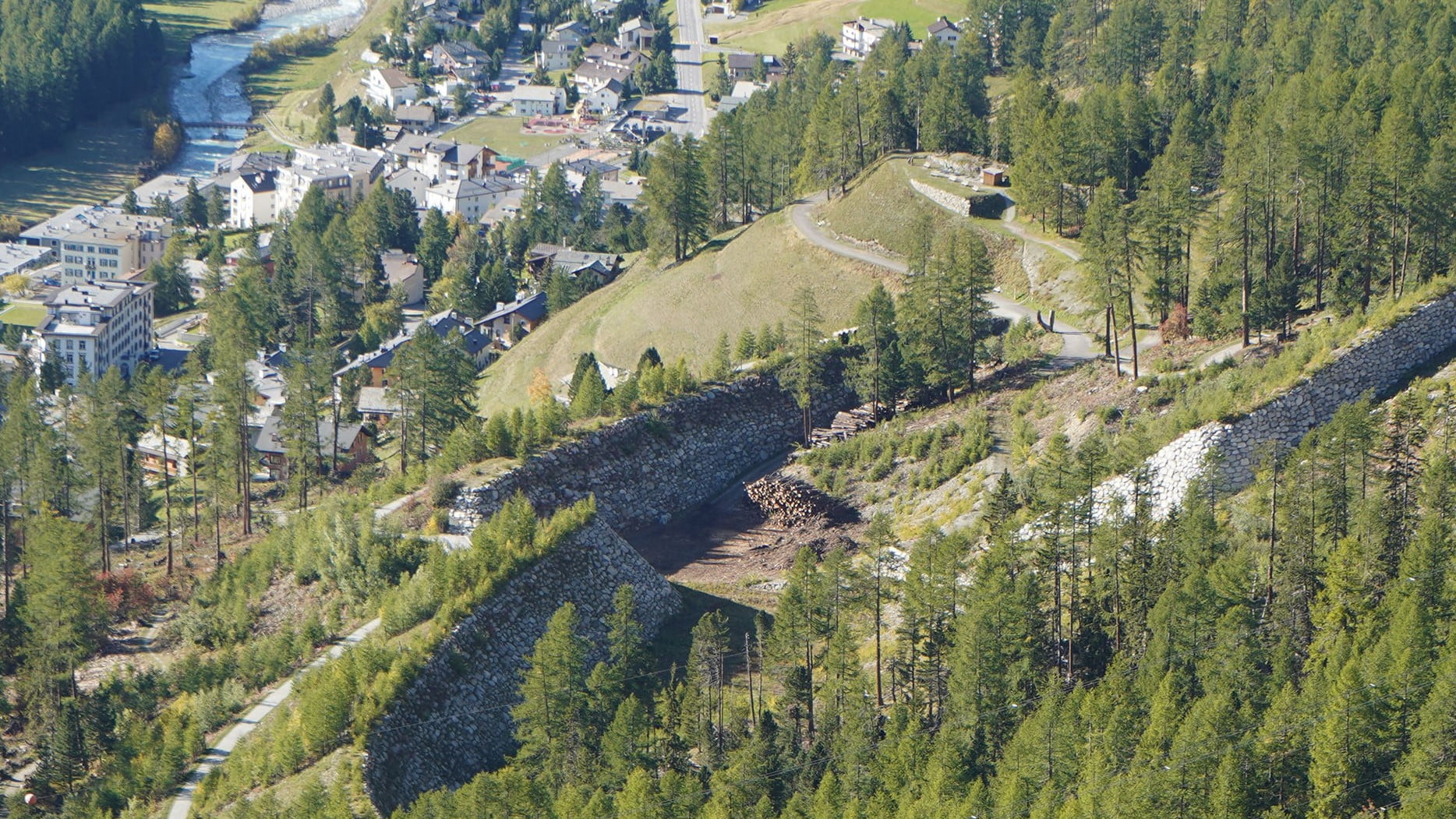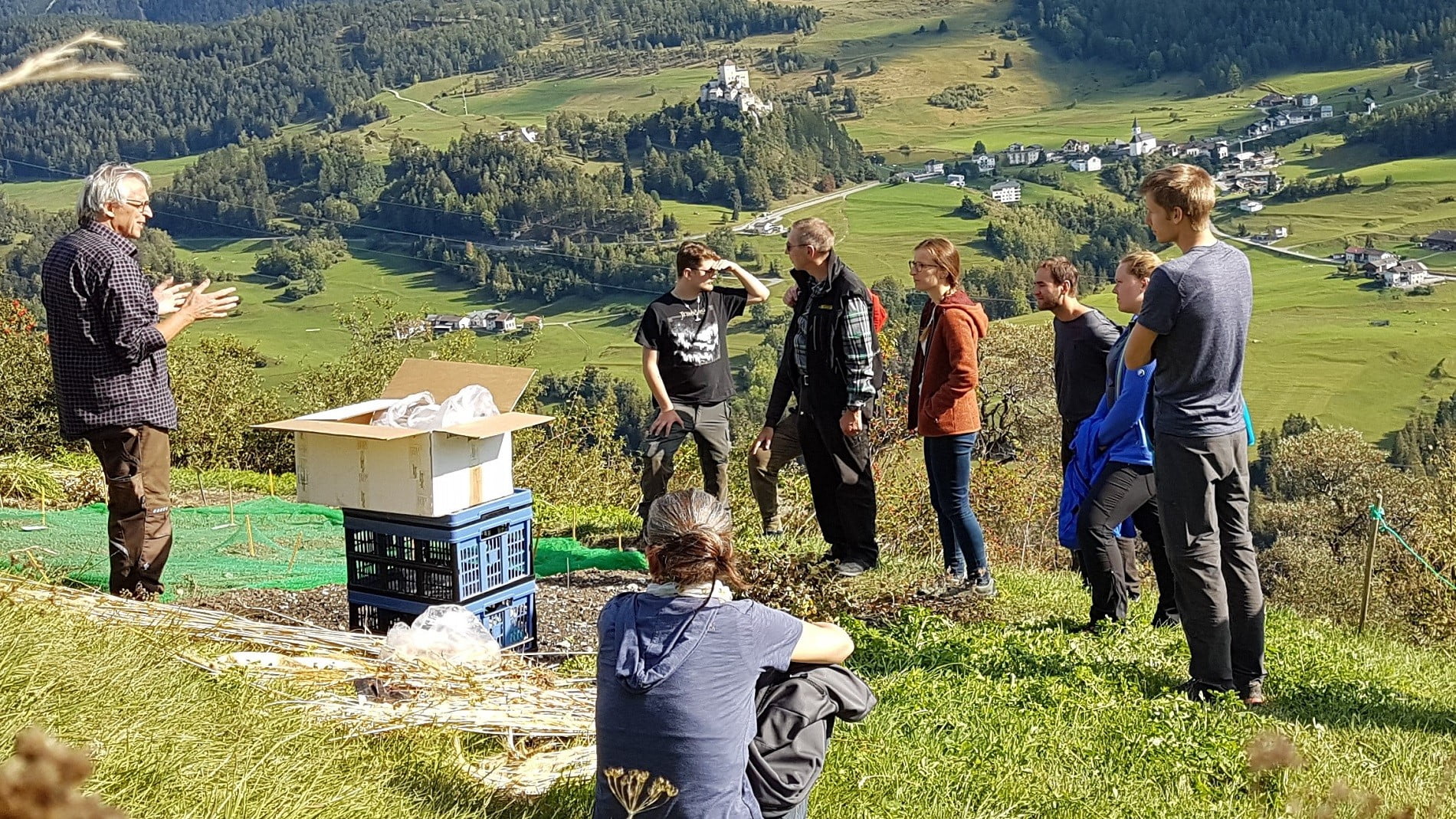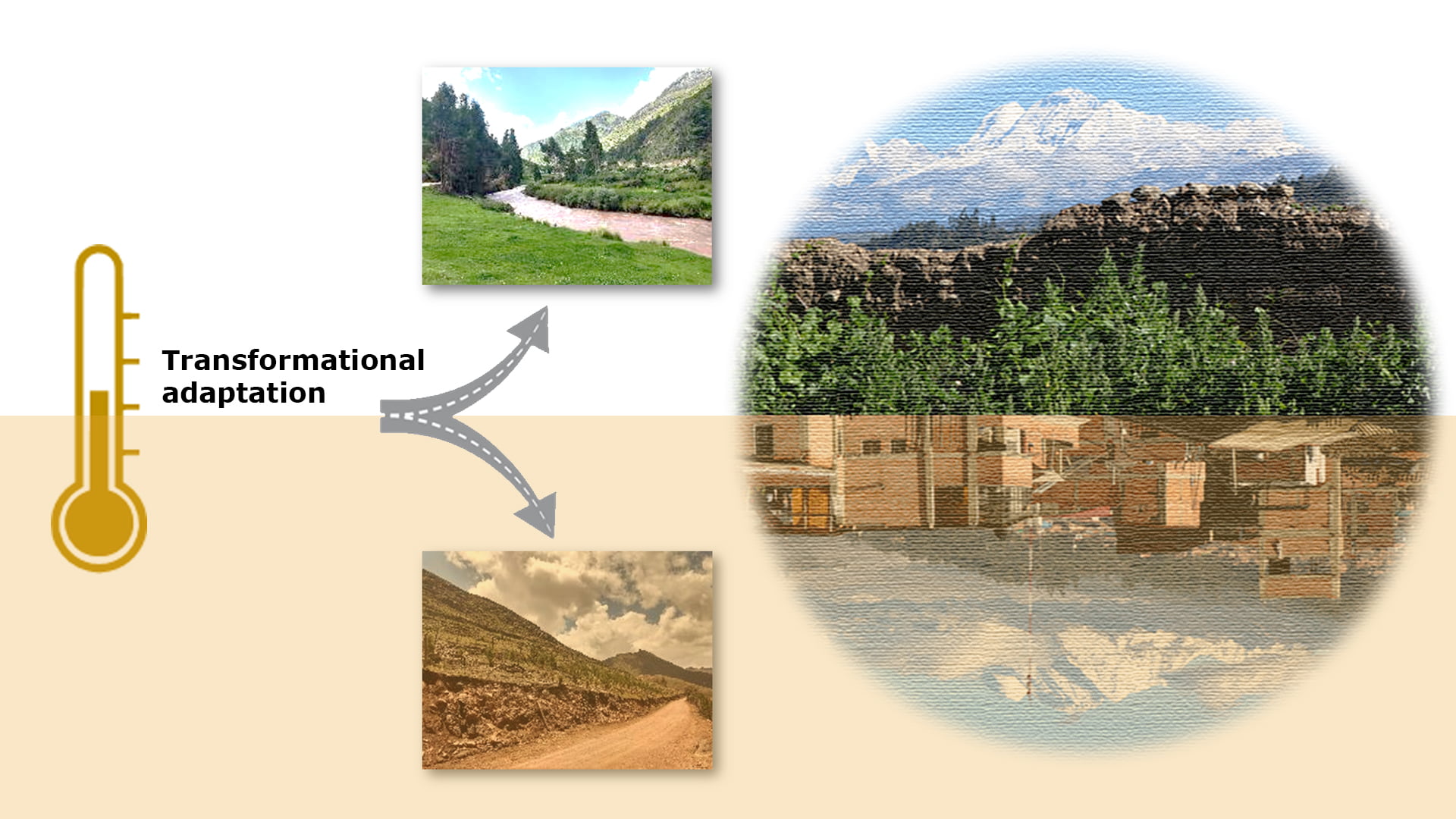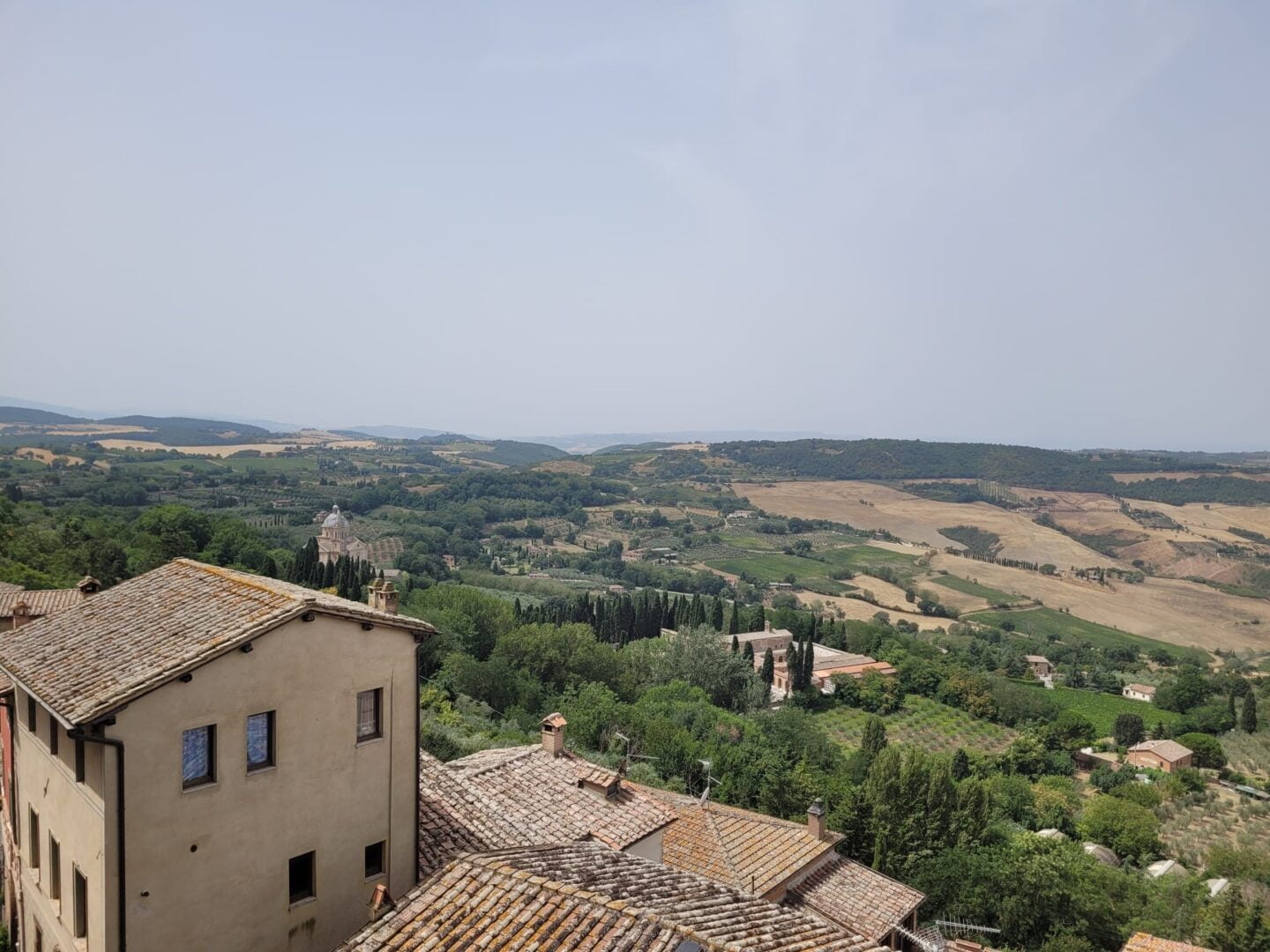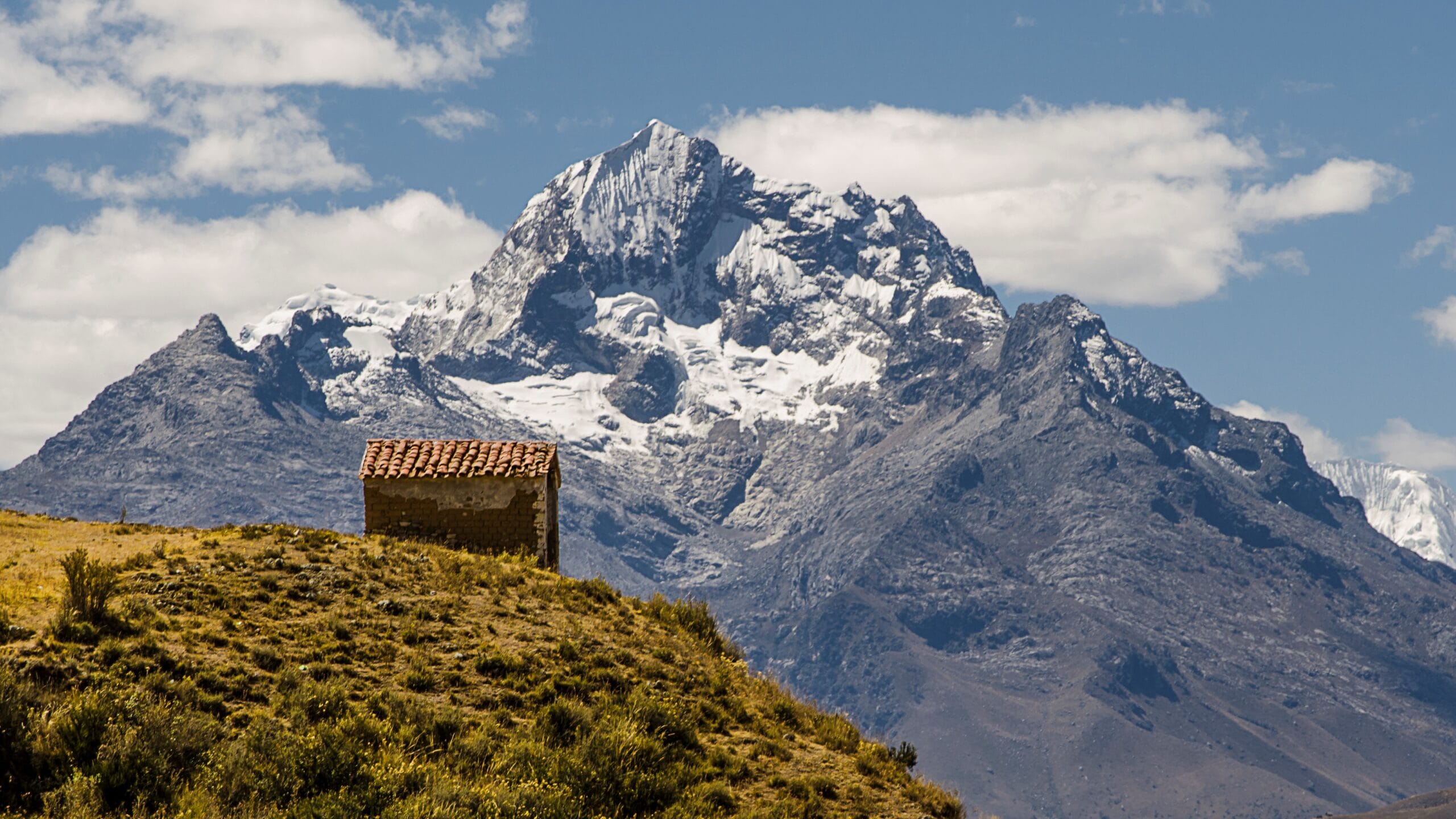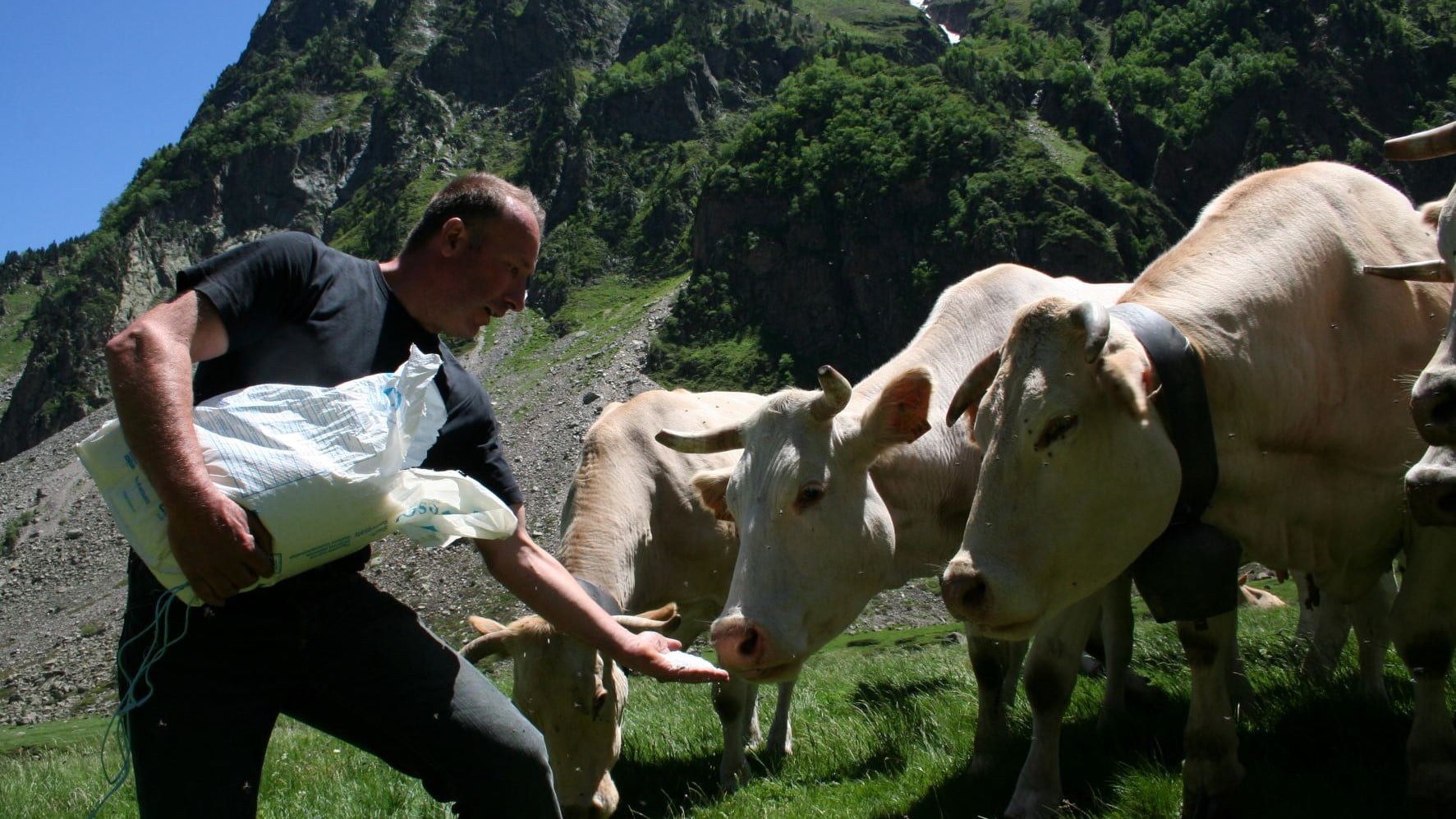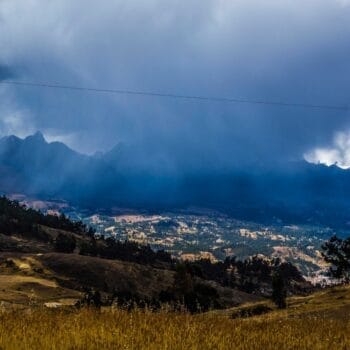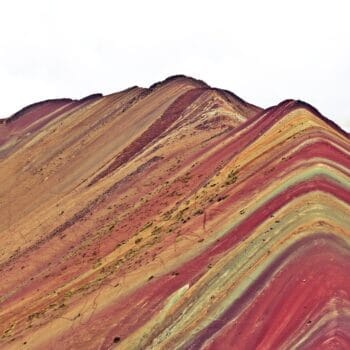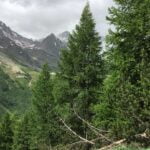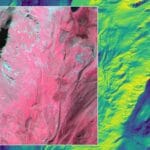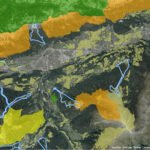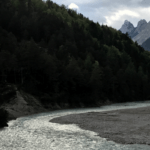Grid ViewTable View
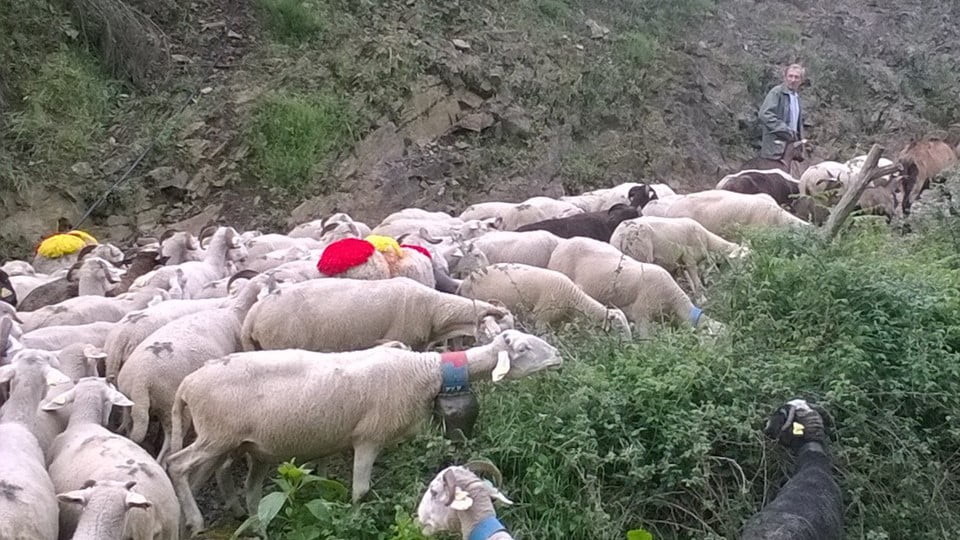
Mountain data collection and modelling efforts are still often conducted in narrow disciplinary silos and short-term projects. Systematically gathered and comprehensive long-term data are scarce, with socio-economic data often especially lacking. Consequently, key interactions and feedbacks operating across mountain socio-ecological systems may remain poorly understood and/or represented in models. We encourage contributions that, a priori, take highly interdisciplinary/holistic and/or long-term approaches to (in situ and/or remotely sensed) data collection, collation, or integration across spatial and elevational gradients, and modelling studies that capitalize on a broad range of observations to deliver improved decision-relevant predictions. Pathways towards sustainably and permanently obtaining Standard Observations / Essential Mountain Variables, ideally following open science principles, should be explored (e.g. the emerging eLTER RI). We anticipate a rich discussion on the challenges of working across traditional disciplinary and methodological boundaries.
#IMC22
FS 2.150
Search by Title
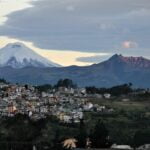
FS 2.102: Adaptation strategies and pathways for resilience in mountain regions
Fontanella Pisa, Paola
Chaudhary, Sunita; Steiner, Jakob; Prescott, Graham; Delves, Jess L.; Schneiderbauer, Stefan
Hazards, Paleoperspective, Socio-Ecology, Sustainable Development
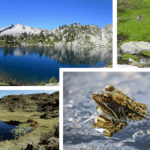
FS 2.104: Alpine aquatic biodiversity: patterns, driving factors, and future perspectives
Jacobsen, Dean
Catalan, Jordi; Füreder, Leopold; Schmeller, Dirk
Ecosystems
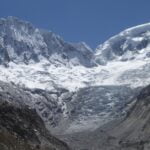
FS 2.106: Andean glaciers and their role in the high mountain water cycle
Ayala, Álvaro; Pellicciotti, Francesca; Soruco, Alvaro
Cryo- & Hydrosphere
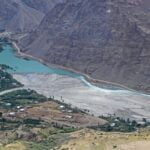
FS 2.108: What gets measured gets managed: assessing vulnerabilities and resilience to natural hazards in mountain areas
Fuchs, Sven
Gems, Bernhard; Keiler, Margreth; Papthoma, Maria
Hazards
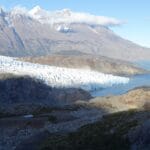
FS 2.109: Atmospheric dynamics over cold regions and their bridging function to the larger-scale climate
Mölg, Thomas
Turton, Jenny Victoria; Sauter, Tobias
Atmosphere, Cryo- & Hydrosphere
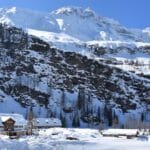
FS 2.110:Changes in Snow Cover in Mountainous Regions of the Earth – Current Status and Research Needs for the Future
Marty, Christoph; Marshall, Shawn
Cryo- & Hydrosphere
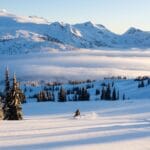
FS 2.111: The Most Challenging Expedition: The Future of Winter Recreation in an Era of a Rapidly Changing Climate
McDowell, Graham; Rushton, Brooklyn; Knowles, Natalie
Tourism
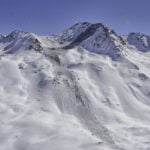
FS 2.112: The Changing Face of Mountain Regions: Climate Change Impacts on Alpine Mass Movements
Bast, Alexander
Kenner, Robert; Philips, Marcia; Bründl, Michael
Hazards
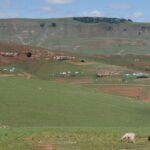
FS 2.113: Common lands and resources in global mountains: challenges in coexistence need innovation in the commons to cope with ongoing changes and trends
Dalla Torre, Cristina
Delves, Jess L.
Sustainable Development
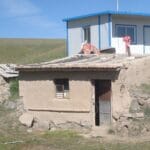
FS 2.115: Perspectives for Habitat in Mountain Area face Global Change?
IStoica, Ilinca-Valentina; Tourrand, Jean François
Sustainable Development

FS 2.116: Deciduous broadleaf forests of European temperate areas: ecosystem services regarding to forest planning
Diaz-Maroto, Ignacio J.
Fekete, Albert; Azevedo, Joao
ES-Forests

FS 2.117: Livestock farming systems in mountain areas: interactions between biological and bio-cultural diversity in global changing contexts
Karatzia, Maria
Sturaro, Enrico; Facundo, Martín; Tourrand, François; Ruiz-Peyré, Fernando
Agriculture
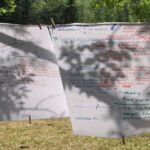
FS 2.118: Effects of digitalisation of public participation on the governance of protected areas and a possible change in the representation of stakeholder groups
Braun, Valerie
Aichholzer, Georg; Arnberger, Arne; Jungmeier, Michael; Pichler-Koban, Christina; Rose, Gloria Elisabeth Rose
Conservation
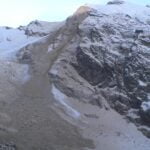
FS 2.121: Glacier and permafrost risks in high mountains under climate change: from process understanding to disaster risk management
Chiarle, Marta
Koppes, Michele; Frey, Holger; Clague, John J.
Cryo- & Hydrosphere, Hazards
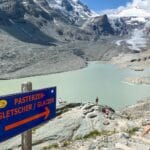
FS 2.122: Glacier tourism in times of climate change: developments of the past, contemporary challenges and prospects for the future
Salim, Emmanuel
Mayer, Marius
Tourism
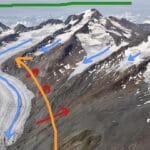
FS 2.123: Glacier-atmosphere coupling in mountain environments
Sauter, Tobias
Collier, Emily; Prinz, Rainer; Nicholson, Lindsey
Atmosphere, Cryo- & Hydrosphere
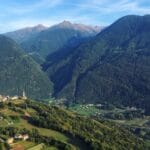
FS: 2.124: What governance for mountain areas? Case studies from European countries
Sala, Stefano
Claramunt-Lopez, Bernat; Giorgi, Anna; Borec, Andreja
Policy
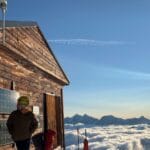
FS 2.126: Research Natural Laboratories at High Altitude and in Steep Terrain
Hartmeyer, Ingo
Beutel, Jan; Weber, Samuel; Krautblatter, Michael; Troilo, Fabrizio; Ravanel, Ludovic
Monitoring
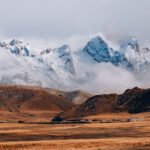
FS 2.127: The cryo-hydrosphere of High Mountain Asia: observations advancing process understanding, models of downstream impacts, and prospects for operational solutions
Kraaijenbrink, Philip
Barandun, Martina; Brun, Fanny; Miles, Evan
Cryo- & Hydrosphere
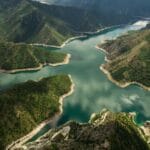
FS 2.128: Highland-lowland interactive systems in sustainable water management and resilient societies
Cheo, Ambe Emmanuel; Terzi, Stefano
Cryo- & Hydrosphere
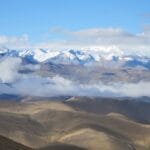
FS 2.129: The historical ecology of alpine environments: case studies and comparative analyses
Aldenderfer, Mark
Urbach, Davnah
Ecosystems, Paleoperspective, Socio-Ecology, Sustainable Development
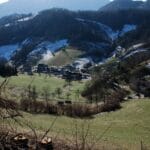
FS 2.131: Integrated socioecological and ecohydrological modelling in mountain regions
Gaube, Veronika; Mehdi-Schulz, Bano; Tappeiner, Ulrike
Socio-Ecology

FS 2.132: Land tenure and entrepreneurship in mountainous regions. Emphasis on youth entrepreneurship, amenity migration and tourism in relation to land tenure patterns.
Giannakopoulou, Stella
Kaliampakos, Dimitris; Arvanitis, Apostolos
Sustainable Development
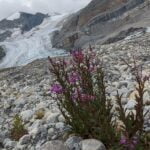
FS 2.133: Emerging hydro-ecological research in deglaciating mountain landscapes
Aubry-Wake, Caroline
Bryan, Mark; Mateo, Emilio; Baraer, Michael; Rivera, Alfonso Andres Fernandez; Herllstrom, Robert
Cryo- & Hydrosphere, Ecosystems
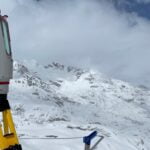
FS 2.136: The natural heterogeneity of the mountain snow cover – observations, measurements and implications for modelling environmental processes
Achleitner, Stefan; Adams, Marc; Schattan, Paul Marek
Cryo- & Hydrosphere, Monitoring
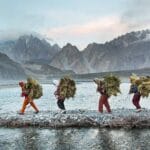
FS 2.137: Mountains at the frontline of climate change: data, knowledge, and governance of adaptation strategies to address climate risks
Adler, Carolina
Llambí C., Luis Daniel; Mackey, Alexandra Grace; Thornton, James; Wester, Philippus
Hazards, Policy, Sustainable Development
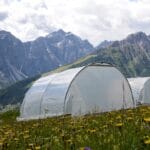
FS 2.139: Mountain grasslands under global change
Bahn, Michael
Bardgett, Richard; Lavorel, Sandra; Peintner, Ursula; Tappeiner, Ulrike
Ecosystems

FS 2.140: Traditional horticultural landraces as innovative solutions for mountain agriculture
Sala, Stefano; Giupponi, Luca; Giorgi, Annamaria; Rodari, Alessia; Zuccolo, Marco
Agriculture, Sustainable Development
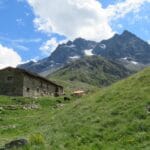
FS 2.141: Mountain hut, a relevant lab to study environmental and societal transformations in mountain systems with trans and interdisciplinary approaches
Beltramo, Riccardo
Andrade, Victor; Balzarini, Raffella; Bourdeau, Philippe; Mourey, Jacques; Kister, Jutta
Sustainable Development, Tourism
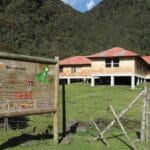
FS 2.142: Mountain Protected Natural Areas as Sustainable Development Tools? Examining the Social, Cultural and Economic Dimensions of Protected Natural Areas in Highlands
Stoica, Ilinca-Valentina; Santos, Luis
Conservation

FS 2.143: Mountain soil biodiversity above the treeline: current knowledge and research needs
Seeber, Julia
Steinwandter, Michael; Weber, Bettina; Illmer, Paul; Präg, Nadine; Urbach, Davnah
Ecosystems
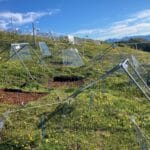
FS 2.145: Native and non-native species range expansions in mountains: Understanding underlying mechanisms and evaluating impacts on ecosystem functions and services
Haider, Sylvia
Alexander, Jake; Kardol, Paul; Lembrechts, Jonas; Pauchard, Anibal; Seipel, Tim
Ecosystems
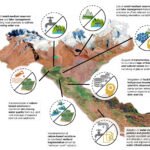
FS 2.146: Nature-based solutions to water-related risks in mountain regions
Drenkhan, Fabian
Mackay, Jonathan Duncan; Román-Dañobeytia, Francisco; Buytaert, Wouter; Hannah, David M.
Cryo- & Hydrosphere, Hazards
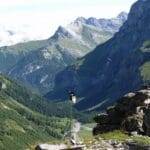
FS 2.148: Obtaining and integrating interdisciplinary mountain data in support of research and policy
Thornton, James
Adler, Carolina; Mirtl, Michael; Zacharias, Steffen; GEO Mountains, GEO Mountains
Ecosystems, Monitoring, Policy
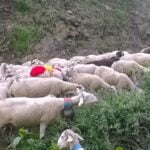
FS 2.150: Transhumance in Mountains Facing Global Change: An assessment of Breeders and Stakeholders’ Evolving Practices
Karatzia, Maria-Ananstasia; Santos, Luís; Srairi, Mohamed Taher; Grijalva, Jorge; Tourrand, Jean François
Agriculture

FS 2.152: Facing uncertain futures in mountain landscapes: Pathways towards nature-based adaptation to climate change and transformation
Stritih, Ana
Grêt-Regamey, Adrienne; Locatelli, Bruno
Sustainable Development
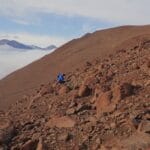
FS 2.153: Mountain biodiversity monitoring for effective policy making and management in the context of global change
Guisan, Antoine; Reynard, Emmanuel; Otero, Iago; Cristofari, Helene; Urbach, Davnah
Monitoring
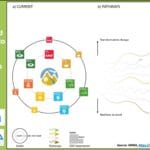
FS 2.157: Towards a community of practice for science-based transformations to sustainability in mountain regions
Adler, Carolina; Urbach, Davnah; Paillard, Sandrine
Sustainable Development
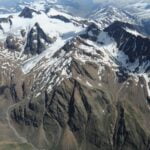
FS 2.158: SedInOut: Development of a risk-management methodology through the assessment of sediment availability in high-alpine settings that are susceptible to climate changes
Brardinoni, Francesco; Minotti, Federica
Hazards
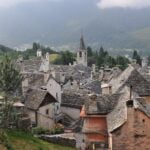
FS 2.160: Smart Villages in mountain areas: The role of technological and social innovation in sustaining local communities. State of the art, applications and future directions.
Duglio, Stefano
Nijnik, Maria; Elbakidze, Marine; Khartishvili, Lela; Melnykovych, Mariana
Sustainable Development
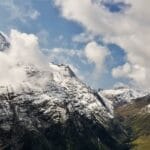
FS 2.161: Ecological implications of snow cover changes in mountain ecosystems
Bahn, Michael; Bardgett, Richard
Ecosystems
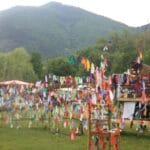
FS 2.162: From constraints to opportunities for social innovation: To what extent do mountain conditions favor the emergence of collective action for society and environment?
Houdart, Marie
Pachoud, Carine; Bryce, Rosalind; Polge, Etienne; Barrière, Olivier
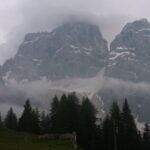
FS 2.163: Social strategies and rituality in ancient mountain landscapes
Callanan, Martin; Llach, Xavier; Stewart, Brian
Paleoperspective, Socio-Ecology

FS 2.165: Species trait changes under global environmental change
Haider, Sylvia; Kempel, Anne; Wipf, Sonja; Bahn, Michael; Rixen, Christian
Ecosystems
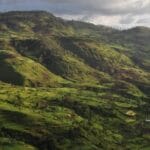
FS 2.167: Coupling social, ecological and environmental research to underpin the future sustainability and resilience of mountain social-ecological systems across Africa.
Marchant, Rob
Thorn, Jessica; Sanchez, Aida Cuni; Nakileza, Bob; Clark, Vincent Ralph
Paleoperspective, Socio-Ecology, Sustainable Development
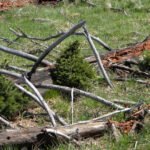
FS 2.169: Forest regeneration under pressure: can climate change and increasing disturbances undermine the resilience of mountain forest ecosystems?
Bottero, Alessandra
Bugmann, Harald; Krumm, Frank; Kupferschmid, Andrea Doris; Motta, Renzo; Conedera, Marco
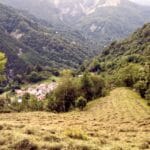
FS 2.170: The impact of migration for the wellbeing in rural and mountainous areas – Case studies, paradoxes and appropriate policies in European and transnational reflection
Gruber, Marika
Machold, Ingrid; Membretti, Andrea; Perlik, Manfred
Policy, Sustainable Development

FS 2.171: Quo vadis, dear commons? – The role of commons in mountain regions under global changes
Salim, Emmanuel; Peres, Claire; Lachello, Raphaël; Debusschère, Aurélie; Salim, Emmanuel
Socio-Ecology
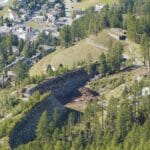
FS 2.173: Towards climate neutrality in mountains: Local climate governance and energy transitions for GHG mitigation.
Wymann von Dach, Susanne; Adler, Carolina; Riera, F. Sebastián; Thapa, Biraj; Wang, Wenling
Policy, Sustainable Development
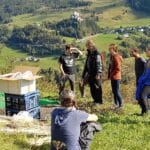
FS 2.174: Transdisciplinary approaches for the future of mountain transhumance, forestry, and livelihoods
Feller, Michael
Blättler, Thomas; Thormann, Jean-Jacques; Durgiai, Bruno; Raemy, David
Agriculture
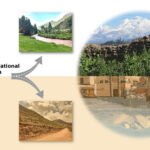
FS 2.175: Strategies and policies for effective and transformational adaptation of social-ecological systems in mountain regions
Muñoz, Randy
Llambi C., Luis Daniel; Frey, Holger; Drenkhan, Fabian; Huggel, Christian; Peralvo, Manuel
Socio-Ecology
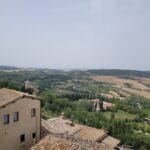
FS 2.176: Transformations towards more sustainable and just landscapes of food production in mountains
Mathez, Sarah-Lan
Tribaldos, Theresa
Agriculture, Socio-Ecology, Sustainable Development
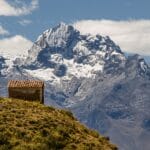
FS 2.177: UNESCO Man and Biosphere Programme’s World Network of Mountain Biosphere Reserves – connecting science, practice and policy within model areas for sustainable development
Fontanella Pisa, Paola
Thornton, James; Schneiderbauer, Stefan; Adler, Carolina; Cardenas, Maria; Price, Martin
Policy
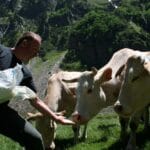
FS 2.180: Working conditions and attractiveness of agricultural jobs in mountain areas: what future for work in agriculture?
Dedieu, Benoît; Morgan-Davies, Claire
Agriculture
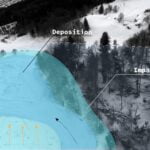
FS 2.125: Current developments of open source gravitational mass flow simulation tools in avalanche research and education
Fellin, Wolfgang; Fischer, Jan-Thomas; Reiweger, Ingrid; Granig, Matthias; Kowalski, Julia
Hazards
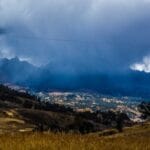
FS 2.182: High-resolution modeling of atmospheric processes over mountainous terrain
Potter, Emily; Ban, Nikolina
Atmosphere
